Twitter Spaces With Sommelier: Protocol Upgrade and Community Update
Last week, Sommelier cofounder, Zaki Manian pulled himself away from the conference crowd in St. Moritz where he notes that “staking derivatives is a hot topic,” to join cofounders, Jack Zampolin and Taariq Lewis in an Ask Me Anything.
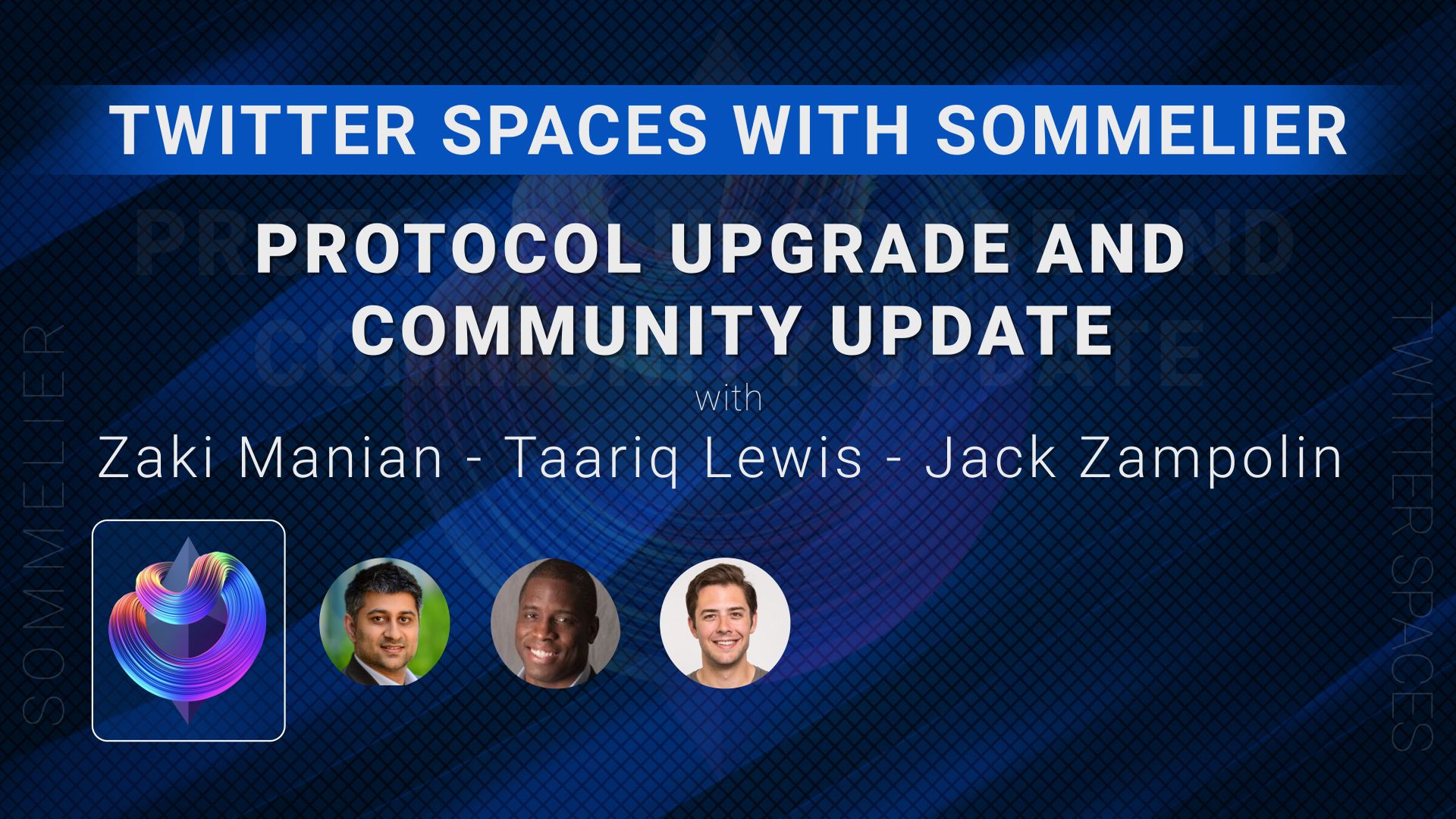
Sommelier’s January 2022 Update: From Airdrop Testnet, Governance Proposals, and Debugging Progress to Software Releases and Pondering IBC Existence
Last week, Sommelier cofounder, Zaki Manian pulled himself away from the conference crowd in St. Moritz where he notes that “staking derivatives is a hot topic,” to join cofounders, Jack Zampolin and Taariq Lewis in an Ask Me Anything.
“There’s some very specific stuff that I want people to understand,” said Zaki. And launched into an update about what he wants you to understand about Sommelier’s progress:
“If you have been watching the Sommelier Twitter world, what have you seen? There has been an airdrop testnet site that has confused some of our community members about whether or not the airdrop is live. And if you have been looking at SOMMscan.io, you'll see some pretty important governance proposals happening there. And if you’ve been watching our Github, you’ve been seeing a lot of debugging and software releases. So, I want to try and map all these things together into an integrated story about what’s happening here.
Zaki maps out what happened after our integrated end-to-end test of the Uniswap v3 rebalancer worked:
“One of the big things that happened right before we took a break for the holidays, we got a working, integrated end-to-end test of the Uniswap v3 rebalancer. That really cleared the path for the network upgrade. We also completed our work on the latest release of the orchestrator. We completed the allocation module work, we completed the orchestrator work, we completed updating the Solidity contracts, we completed the snapshot analysis for VolumeFi. So, all of these pieces have been ongoing and as we started the new year we have been working really hard to put all of this together.”
About the key pieces that we’ve been putting together so far, Zaki says:
“The airdrop procedure has a lot of operational complexity to it. So, there are a bunch of dependencies that have to be resolved in order for this airdrop that was in SIP 002 to actually be executed. So, one thing that has to happen is, funds need to move from the community pool, which is funding the airdrop into a staging address.The staging address will then interact with the Gravity Bridge and IBC to actually execute the airdrop. There’s all the normal things that you have to do to interact with the Osmosis and Keplr stacks and we need to take care of those moving pieces. We have to take the Merkle distributor contract that is sitting on testnet and deploy it on mainnet. We have to instantiate the SOMM ERC-20 tokens on the newly updated Gravity Bridge. So, all of these pieces are being tackled, one after another as we go through them. Is there a specific magic day when all of this stuff will come together? I can’t guarantee one, they’re all just moving. And, it’s pieces of work but the end state will be there, the airdrop will finally come together.”
Solidity is the new Gravity Bridge
The other piece you would have caught in his little spiel about where we are, Zaki says is “we need to upgrade the Gravity Bridge. We’ve had a Gravity Bridge running in mainnet for several months--since October. It hasn’t been doing much. It’s just been sitting there, but it has been getting more experience about running the relayer software and the orchestrator software and getting validators more comfortable with what we’ve got.
“But, what we’re doing right now is that we have built a new version of the Gravity Bridge, Solidity, we are abandoning the old bridge and we are redeploying this new bridge--which will be the new bridge--and that will be the bridge where the canonical SOMM token is instantiated on Ethereum to enable the Ethereum side of this airdrop.
Among the pieces it also will take
So, these are all a lot of moving pieces Zaki describes, saying “then the software will have the capacity to run a Uniswap v3 rebalancer, but it’s going to require the validators to get set up, it’s going to require a governance proposal about what pair we’re going to start out with. So all of that stuff needs to come online as well.
“And so, we’re bringing all of these pieces together, that has been the core of the technical work right now. Lots of progress is being made. We have an upgrade release, we’re pretty much ready to go there. And, we’re looking at the upgrade. It seems like the current chain will halt probably on Friday. Because no one is really using the chain, there’s no reason for validators to get stressed out and trying to do a Friday software update. So most likely Monday that we have the upgrade done. The funds should be in staging accounts also by Friday, which will be good, but we won’t actually start bridging them over until the upgrade is completed early next week.”
The road to becoming a Sommelier network validator
We have validators who want to join the Sommelier network, cofounder Taariq Lewis notes: “What should validators in the broader community who are not currently in the Sommelier community expect once chain upgrade goes live and tokens are released?”
Zaki seems to have thought carefully about his answer:
“We are not going to make it easy yet to join the validator network, but once the tokens are out there we aren't going to be able to stop anyone who figures out how to crawl through no man's land, jump over the barbed wire, avoid the machine gun nest, and get their way into the validator set. We are not going to stop anyone. And, if you’ve managed to get through all that you certainly deserve to be here and we will provide tech support on the relayer software.
“One of the things that is going to be really key, is that the software is going to enable this new thing where validators are getting these Cellars strategists sending them data. It’s almost like a reverse Oracle, where the validators rather than being the querier’s of data that gets put on chain, they become the receivers of data that’s put on chain. We’ve created a whole authentication protocol and running this distributed setting is going to be really interesting. The reason we haven’t been very aggressive about onboarding validators is we have a lot of new software that validators have never run before and that we’ve never run in a distributed setting that we’re running on this network, and we’re trying to keep it manageable for the time being.”
Taariq pauses. “Just to be clear, when you say run through barbed wire and crawl through fences, is there any more color to that that you want to share right now? Or is that something that will evolve once tokens are distributed?”
“Part of the barbed wire is not explaining how to do it,” Zaki says.
Jack chimes in: “I believe they call that security through obscurity. Everyone always says security through obscurity doesn’t work, but you know…”
Great Resource for Your Cellar Proposals
Taariq points out that one of the things folks are asking about as we’re coming up to Sommelier and the proposed Cellars, how should folks explore how to make proposals?
Zaki explains: ”We have been putting together documents explaining how to run a cellar from a validator’s perspective. I think those documents will be hugely educational for anyone who wants to propose a future cellar, because it will start covering the big, moving pieces. I think we’re focusing a lot of our operational resources on getting the airdrop done. But, the next stage is really inviting the community to bring us as many Cellars as possible.”
Looking ahead
Zaki emphasizes that the upgrade is very focused on Ethereum cellars and notes: “It would be a future upgrade to enable doing something on Osmosis.”
Given the upgrades coming, Jack shares his thoughts on progress so far and a few things Sommelier and teams still have to get done.
“Oh, you know, there’s all kinds of stuff. Just very excited to see this code live. And, looking forward to live Cellars here. We’re going to be doing this upgrade and, as Zaki mentioned, there's a fairly extensive process to get these Cellars live. So, looking forward to working on that on the production chain here. This is the culmination of quite a bit of work we’ve done for a while and is the first of many. The work that we’ve done, especially on the testing front and the QA front, is going to be broadly reusable and I’m really excited to use that foundational work that we’ve done.
“I do also think that in terms of that testing stuff, people are starting to build these really complex multichain apps and I don’t know of any other teams that have this forward-looking testing approach that we do with the docker-based work we’ve done. So very excited to be able to leverage that as the basis for the next set of Cellars and products. It enables much quicker iteration moving forward. Just excited and proud of the work the team has done and excited to get it out there.”
“Agreed and aligned, aligned and agreed,” says Taariq, and asks Zaki to share a highlight from St. Moritz:
“Probably my most exciting conversation was with Ian who is the new head of Ledgers’ consumer business. I had a long therapy session with him explaining all of the different trials of being a Ledger power user, it’s not super fun. Hopefully we’ll see some benefit for what I’m sure are many Ledger users in our audience. Ledgers is a great product. It is an interesting event. It has bitcoiners, the alt coin community, a lot of people who have Swiss foundations, all atop this gorgeous mountaintop in Switzerland talking about what’s happening in the industry.”
“Is sentiment there that it’s still all boats rising in spite of market values dropping? Or is it more a sense of soberness?” Taariq asks.
“The Cosmonauts aren’t unaware of this dropping that you speak of,” says Zaki.
The price of Athem seems to buck every trend. Any thoughts on why?
Jack jumps in:
“The world is finally catching up to what Zaki realized back in 2015/2016 and what the Cosmos community as a whole has known for a really long time. Which is that the way to scale blockchains to billions of users is to decouple the state machines and have app-specific chains. This is the only way to keep fees low. This is the only way to reduce network contention. And as it’s becoming increasingly obvious with all of the Cosmos chains just repeatedly getting out there, drawing in new users, offering a much better user experience, people are starting to realize that and the market’s waking up to that. As someone who has been working on this for years it’s really been cool to see. I will say there’s definitely been a sea change in the tone of the discussion around Cosmos and a much broader recognition that this scaling method is the way to go. Seeing Vitalik repeatedly mention Cosmos scaling as the way to go is also really cool.”
Asking “Is it your thought that Vitalik agrees with the Cosmos view of things?” Taariq prompts Zaki to explain:
“The difference between the Cosmos view and Vitalik’s view, just to get into the weeds, has always been that end users cannot reason about security of different validator sets. And that having this heterogeneous group of people securing the network was going to provide a venue of users getting rugged that they are not prepared to handle. Those concerns are real, and those concerns are important, but the other thing that has mattered quite a bit is: Tendermint works, it’s mature. As we start to shift more toward smart contract platforms on top of Tendermint, the fact that Tendermint works so reliably really opens up a lot of opportunities for building on top of it. And, the fact that IBC works so reliably and provides such good user experience really creates a huge number of opportunities for building on top of it. As we are experiencing with Sommelier, maintaining a bridge is a lot more complicated than using IBC because of all the work that has been done to IBC so far. It is nice to see the market waking up to realizing ‘Oh there really is something important that is happening here. That this might be the mature scaling solution that the industry needs right now while we wait for things like rollups to mature.”
Taariq reflects and says: “So you do believe that Vitalik sees that bridges might not be the ultimate future, it’s just that bridges are a necessary progress before the maturity of the L2s?”
Zaki shoots back: “I think it’s a really interesting question about whether or not IBC is a bridge. IBC needs bridges to interact with things like Ethereum and Bitcoin, but I feel like IBC is in a category unto itself right now. There’s that. It’s an interim protocol that doesn’t fit into any of the categories.”
And, since we don’t know the future, let’s see how it goes.
More articles

Is Speculation Killing Crypto’s Future?

Sommelier's Path Forward: Embracing Revenue Over Narrative
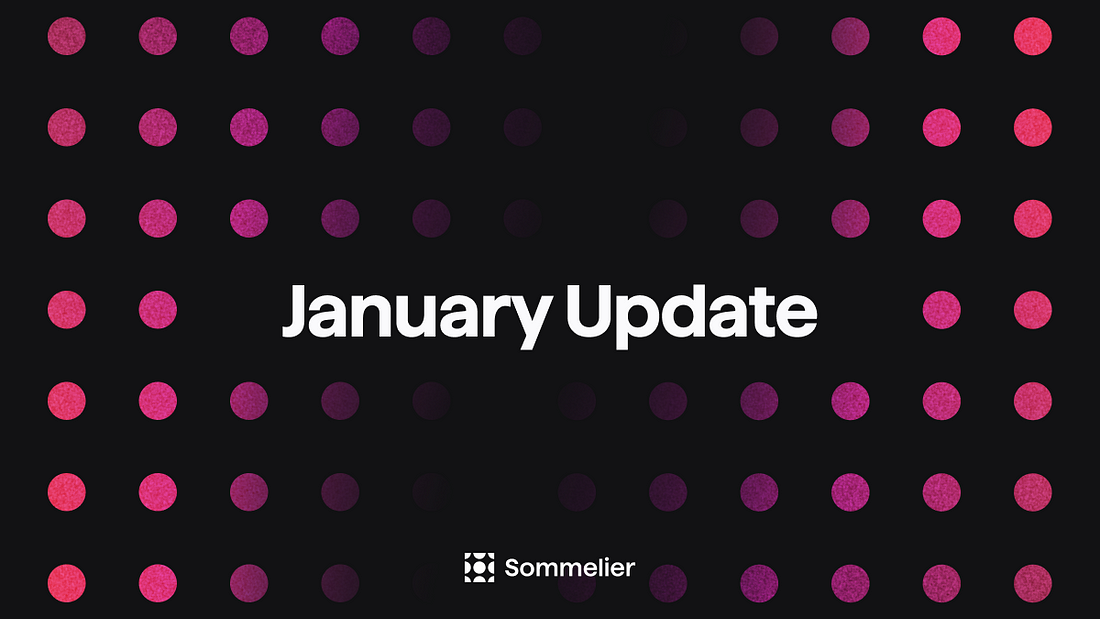
Sommelier January Update
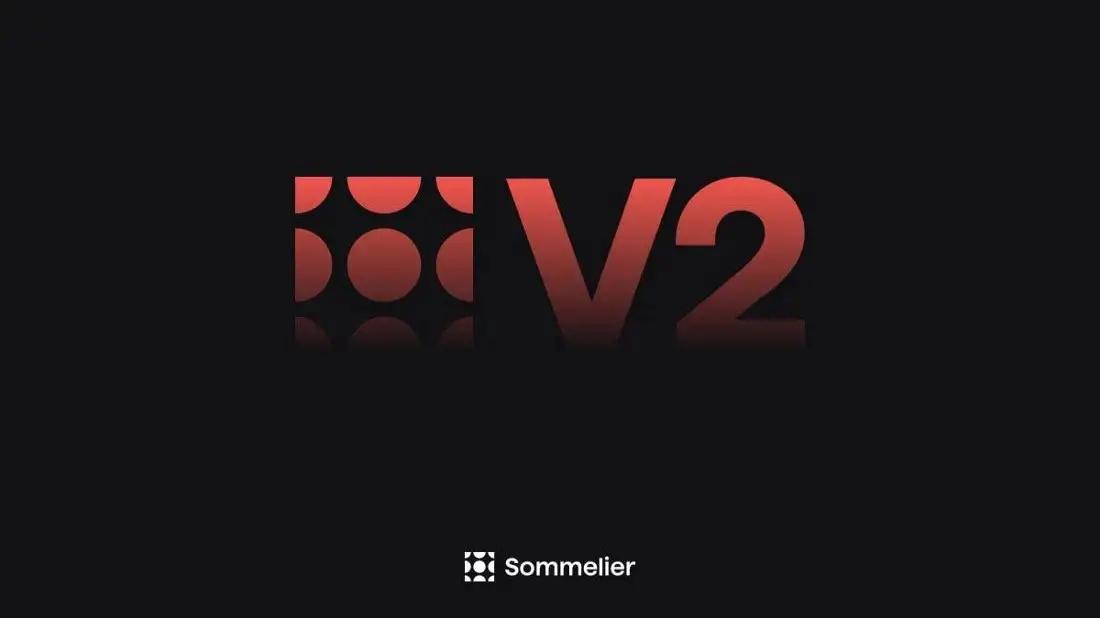
Sommelier Upgrades Cellar Architecture to Enable the Most Powerful DeFi Strategies in the Market
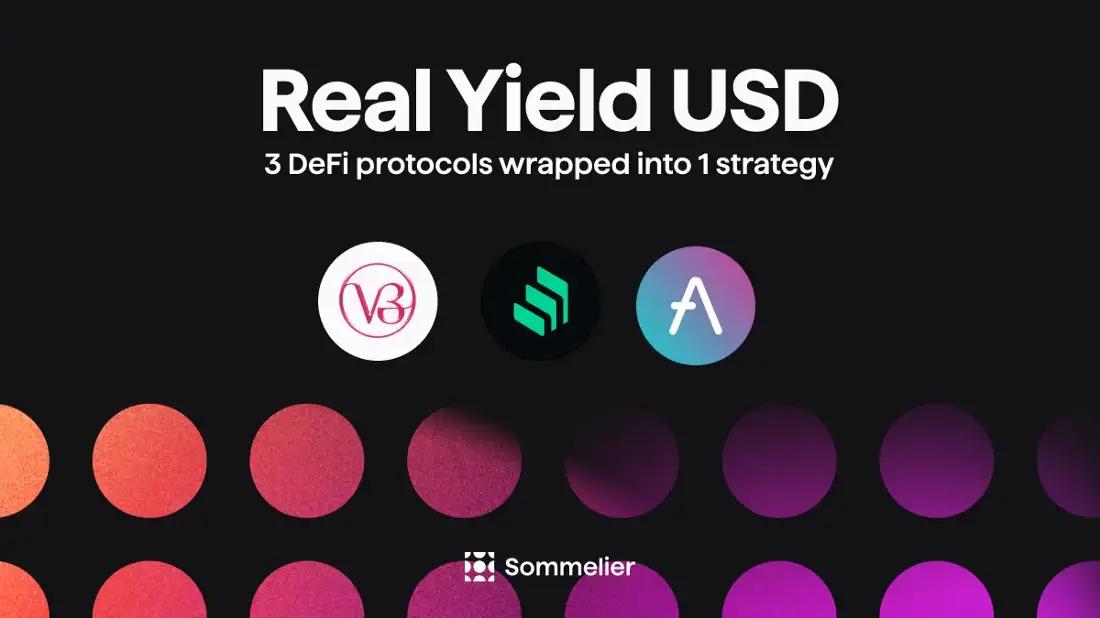
Real Yield USD is Coming to Maximize Stablecoin Yield
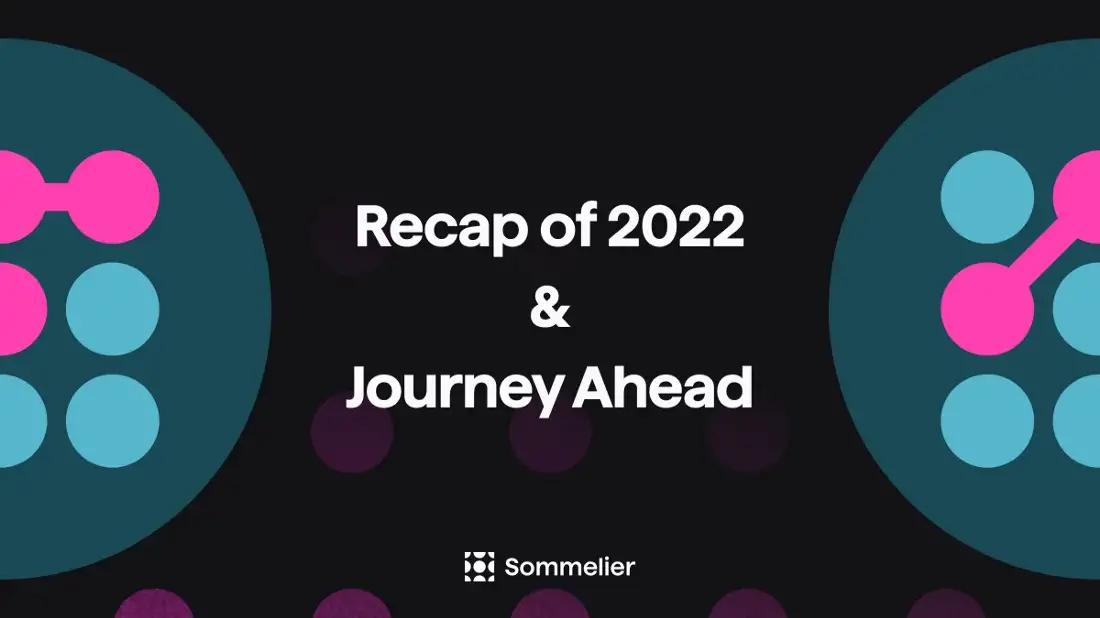
Retrospective on 2022 and the Journey Ahead
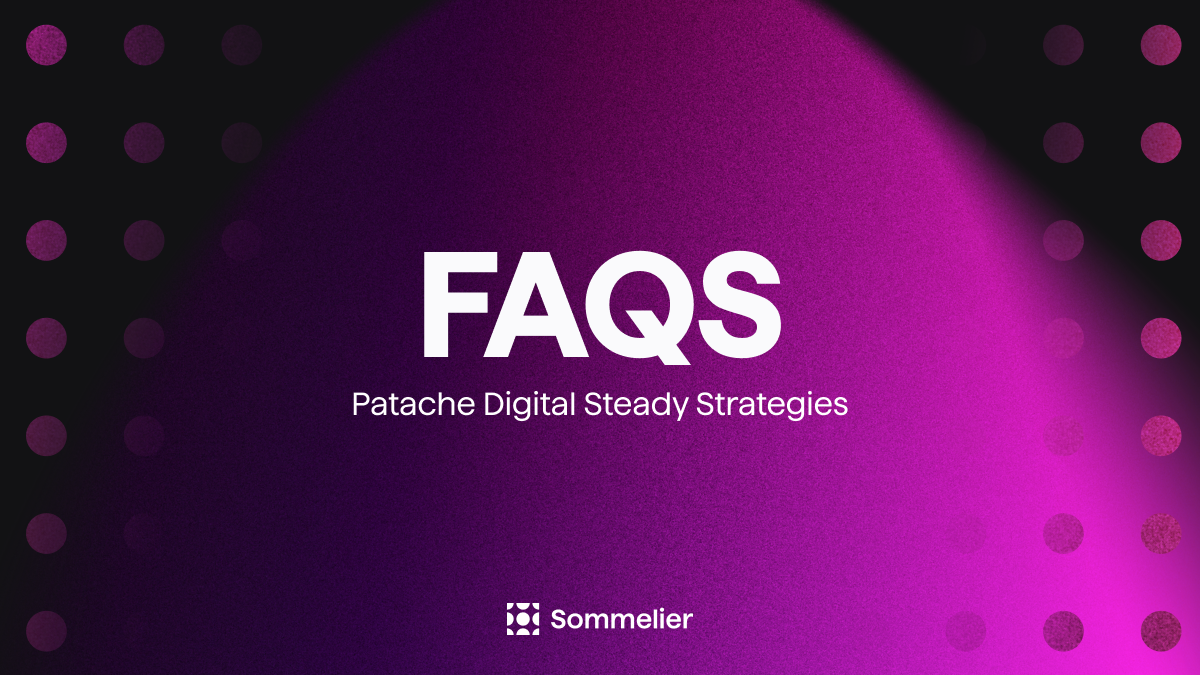
FAQ - Patache Digital’s Steady Strategies
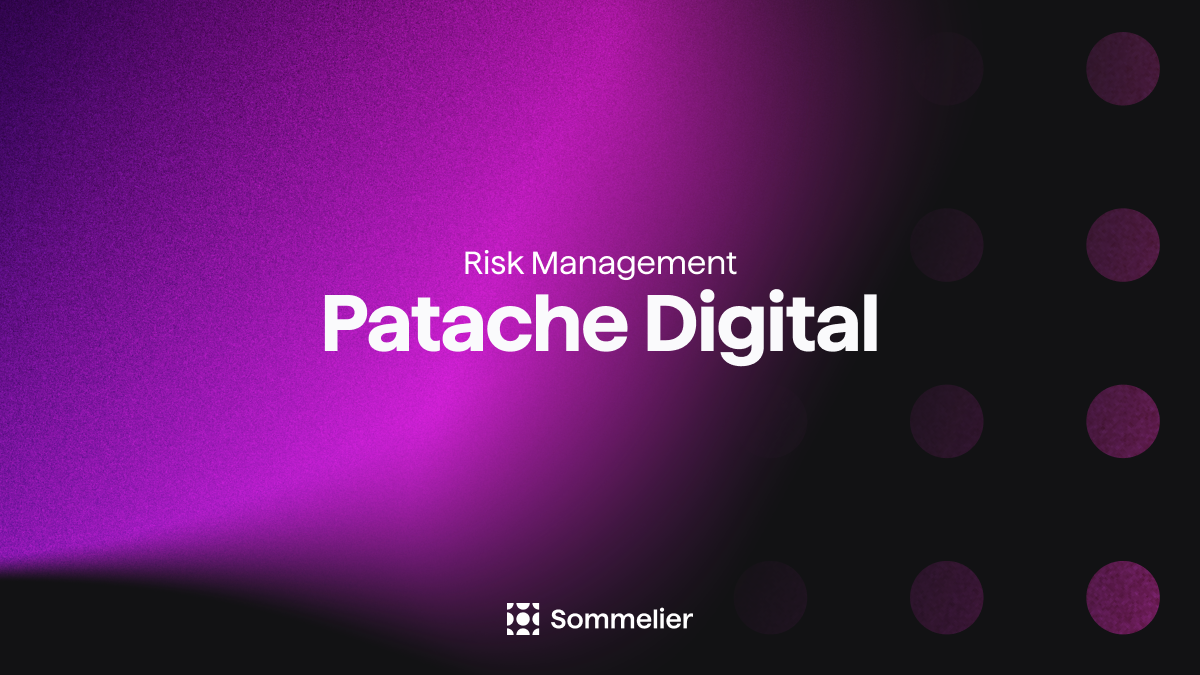
Patache Digital: Risk Management Discussion
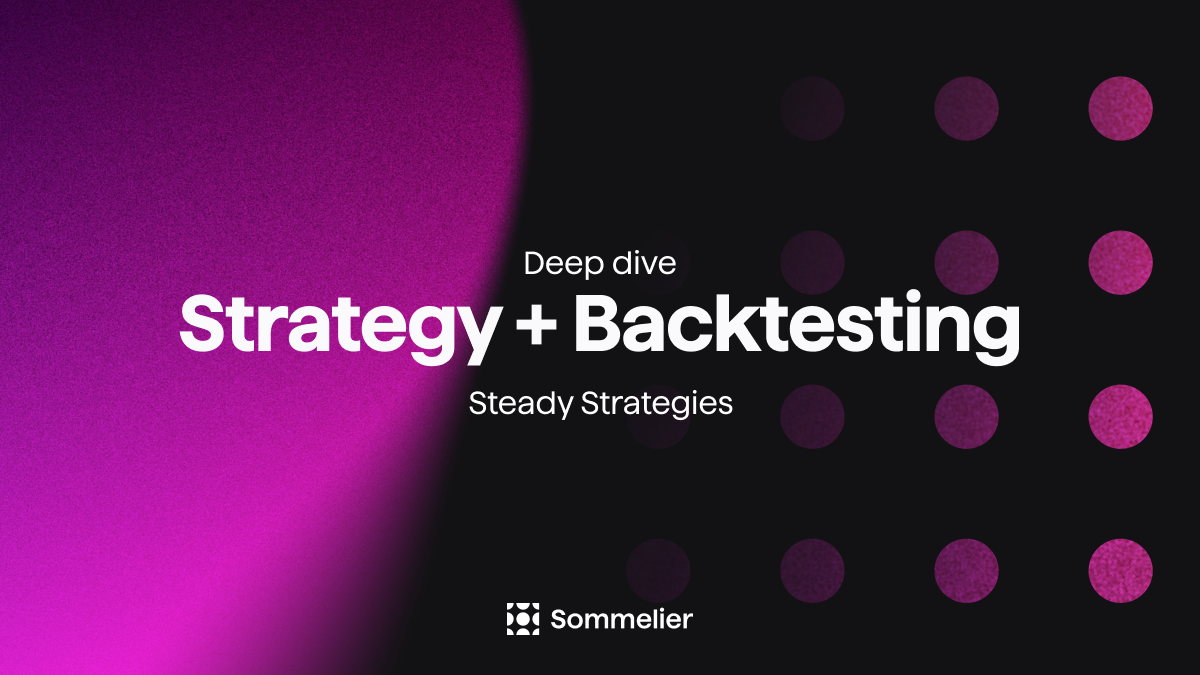
Strategy Deep Dive: Patache Digital
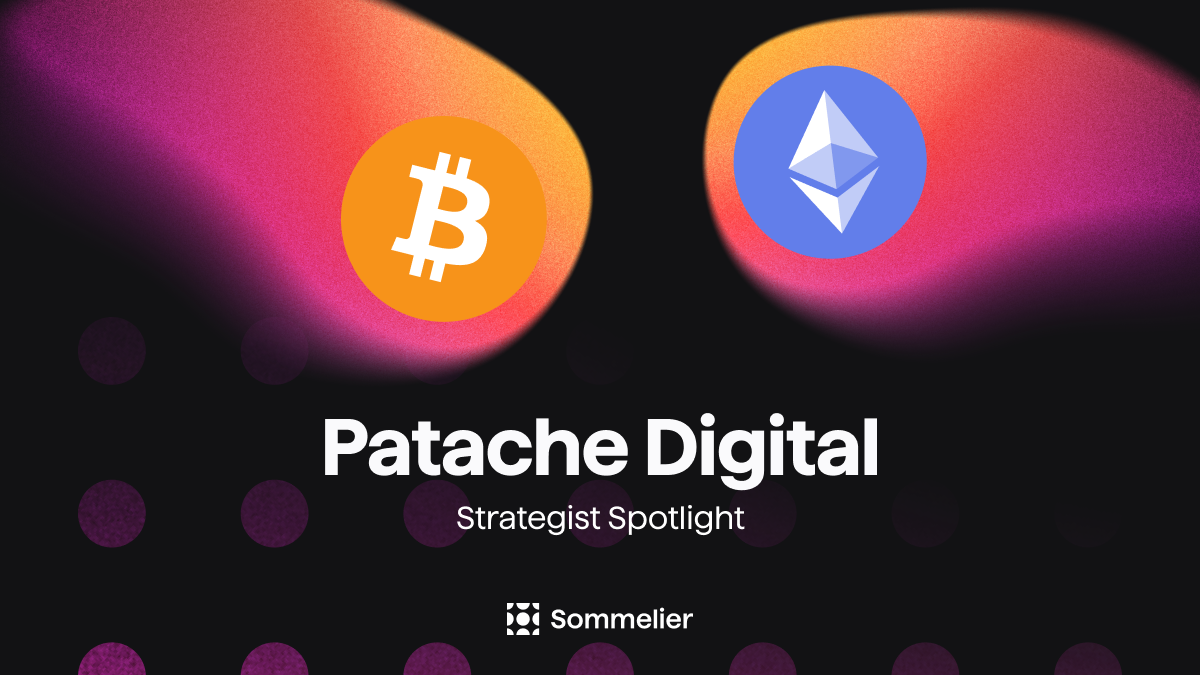
Strategy Provider Spotlight: Patache Digital
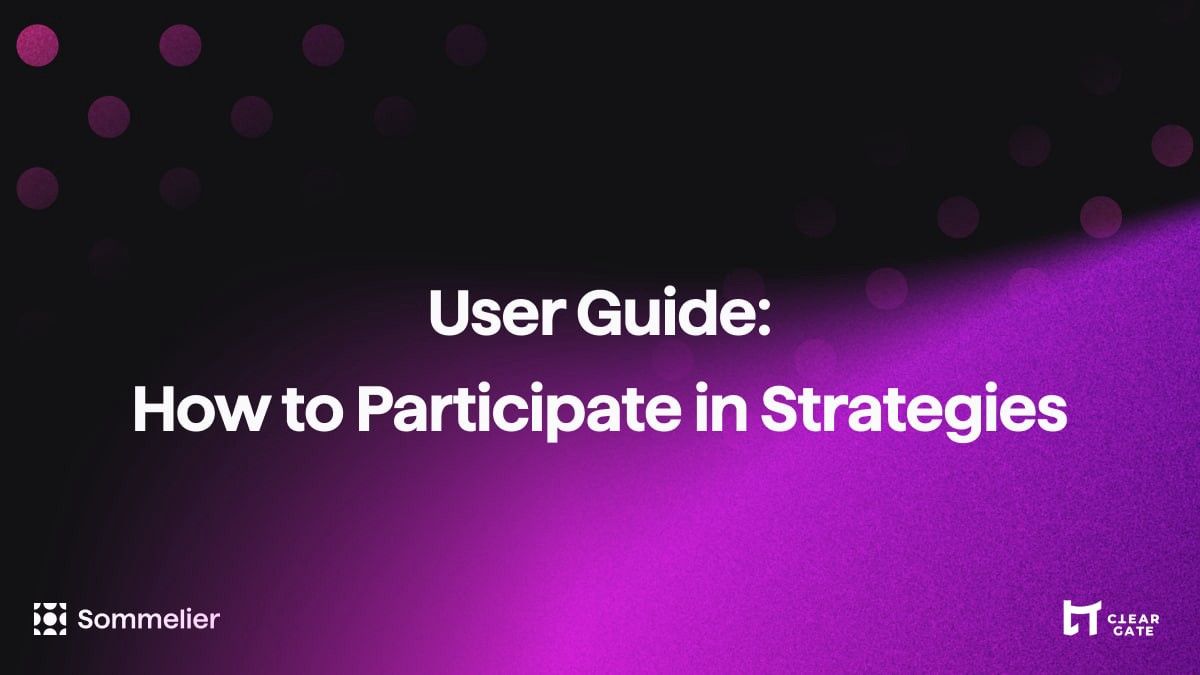
User Guide: How to Participate in Strategies on Sommelier

Sommelier Ambassador Program
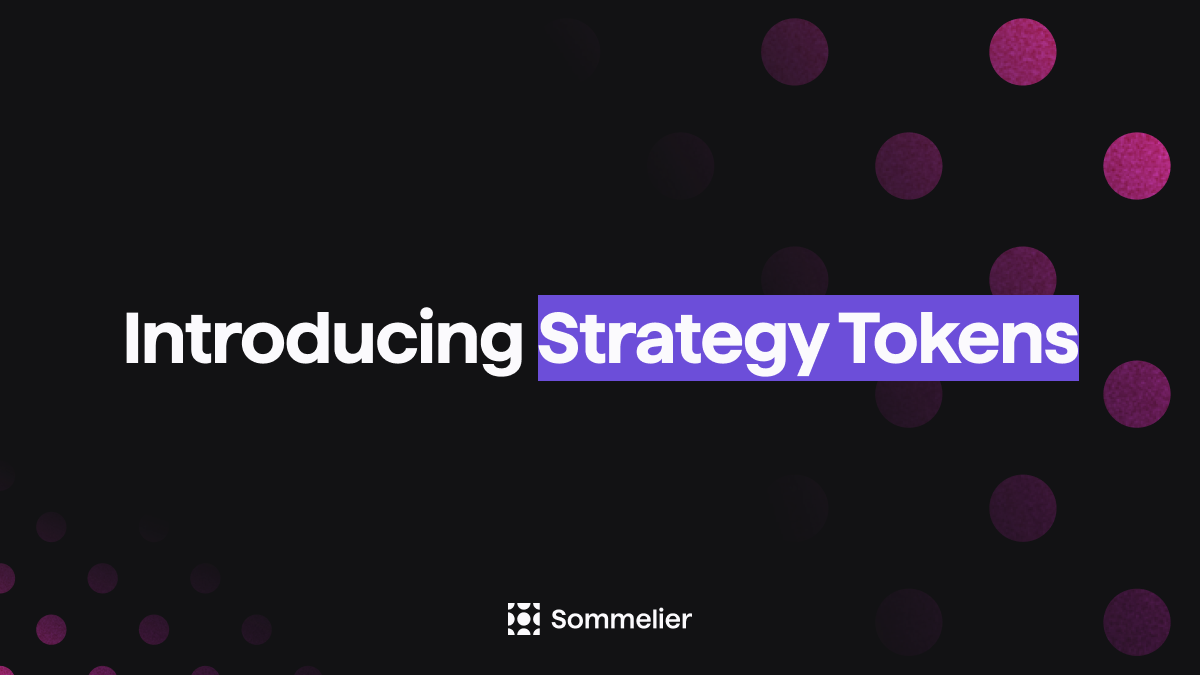
Strategy Tokens: What Are They and How Do They Work?

6 Core Principles of Sommelier
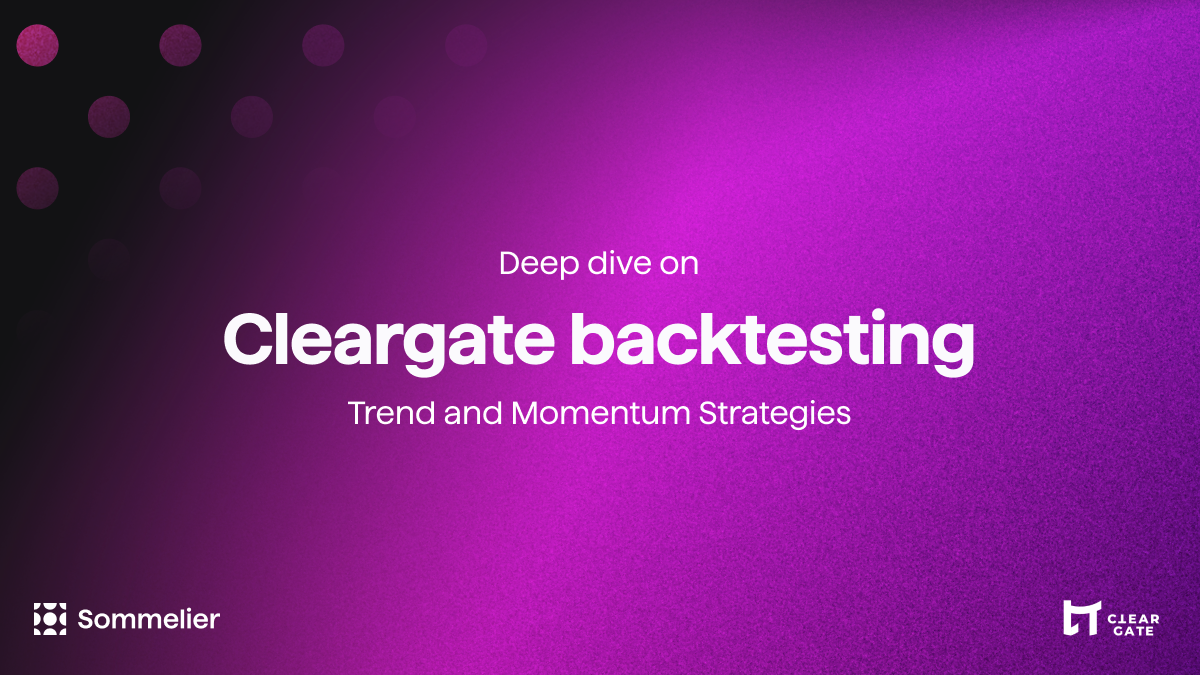
10/10/22 - Deep Dive on Cleargate Backtesting
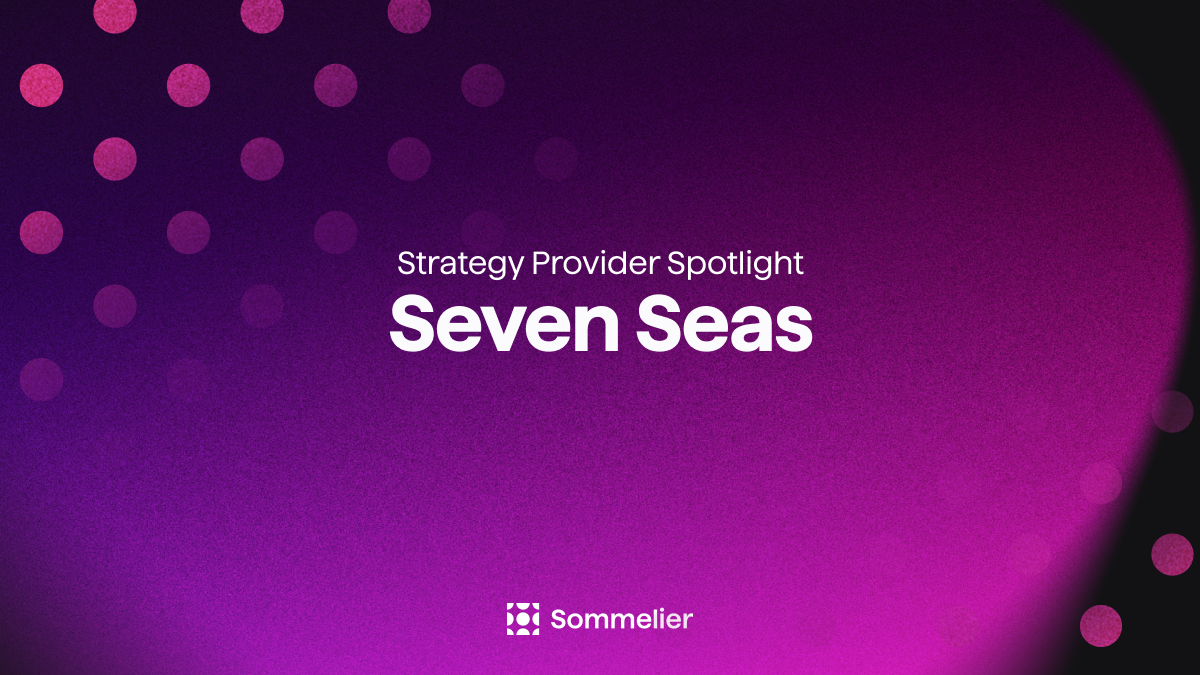
Strategy Provider Spotlight: Seven Seas

Deep Dive on Trend and Momentum Strategies
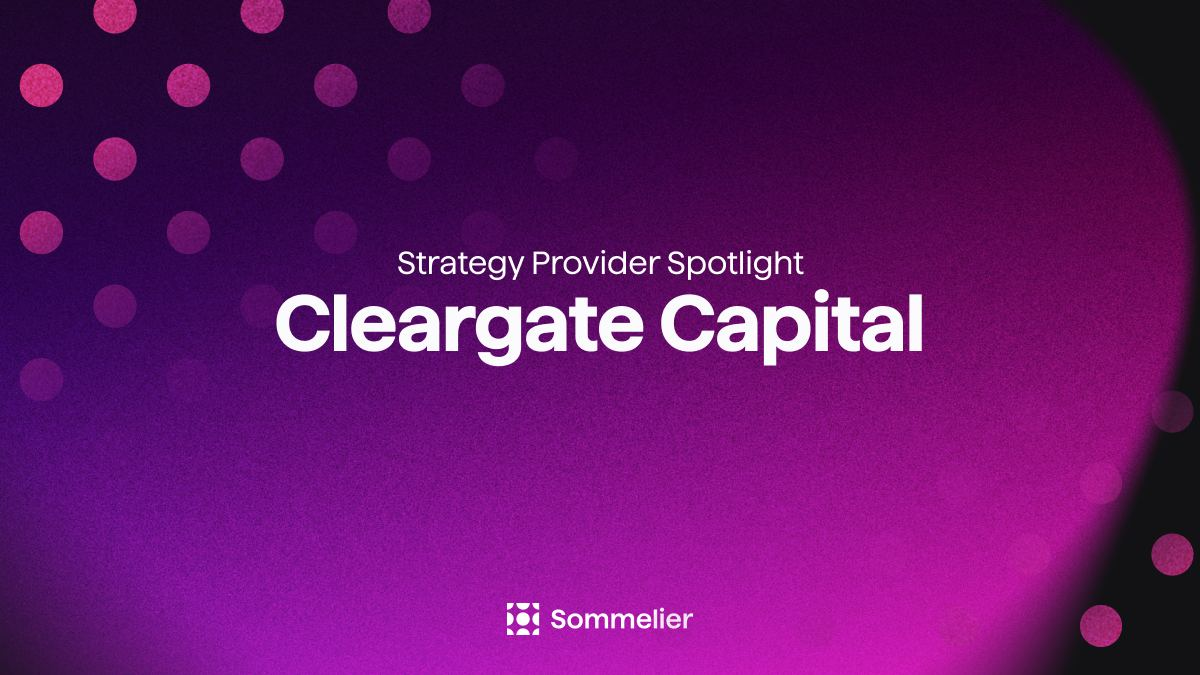
Strategy Provider Spotlight: ClearGate
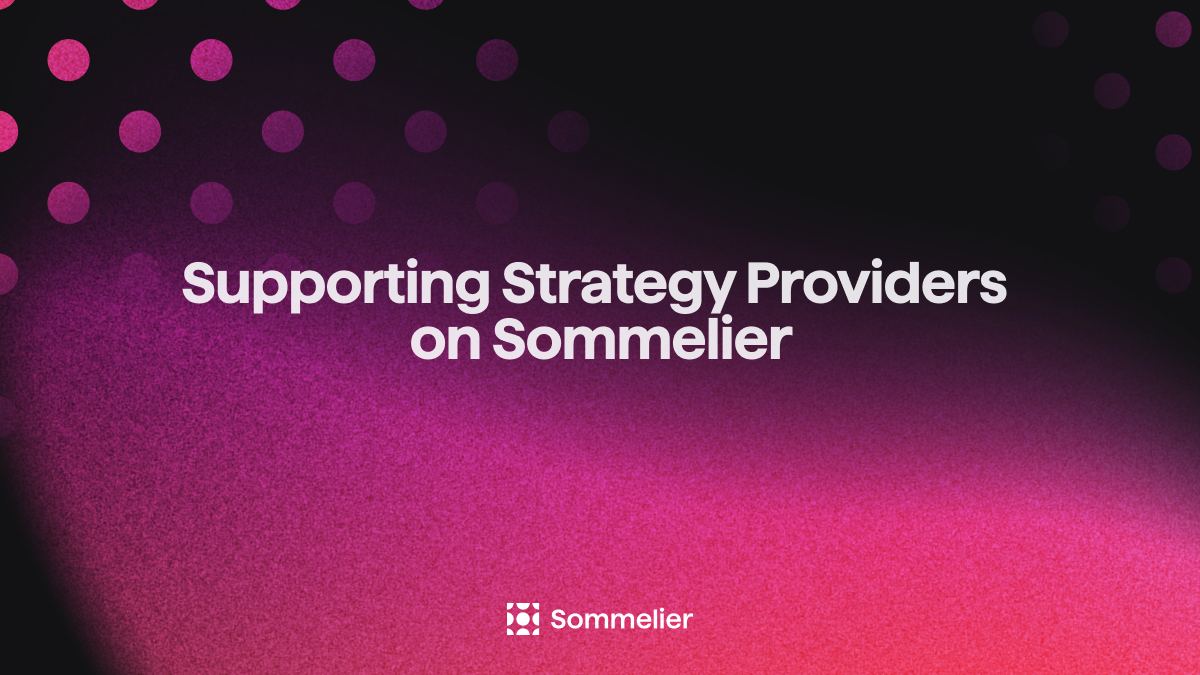
Supporting Strategy Providers on Sommelier
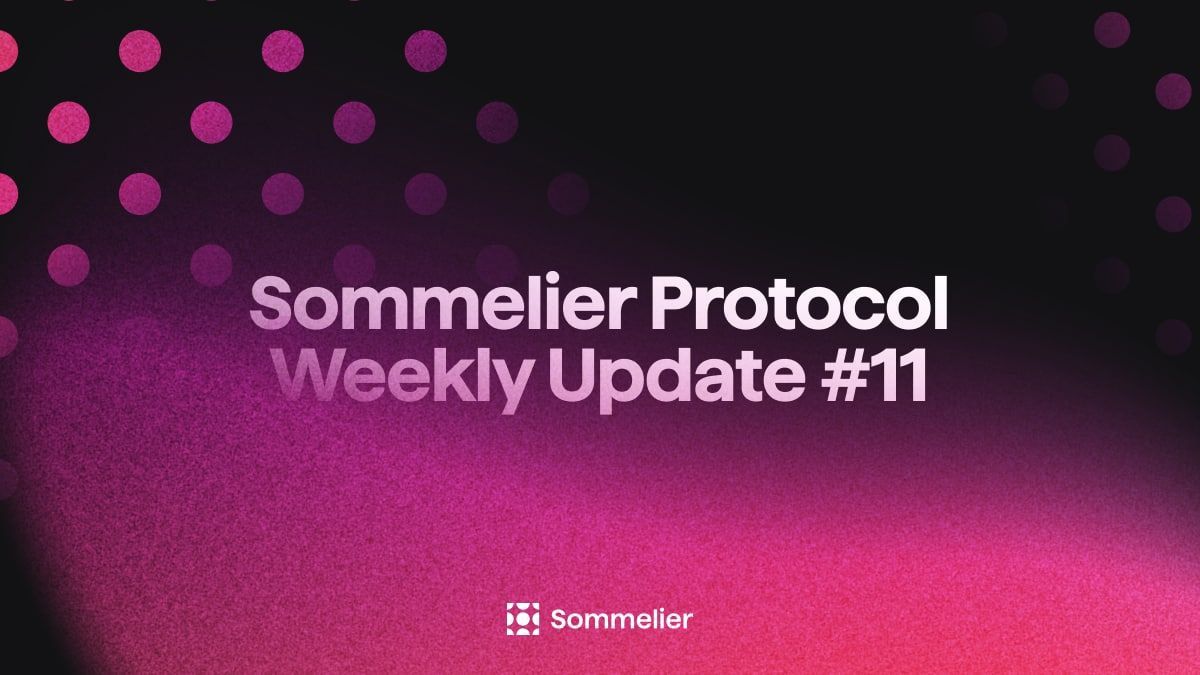
Sommelier Protocol Team Weekly Update #11
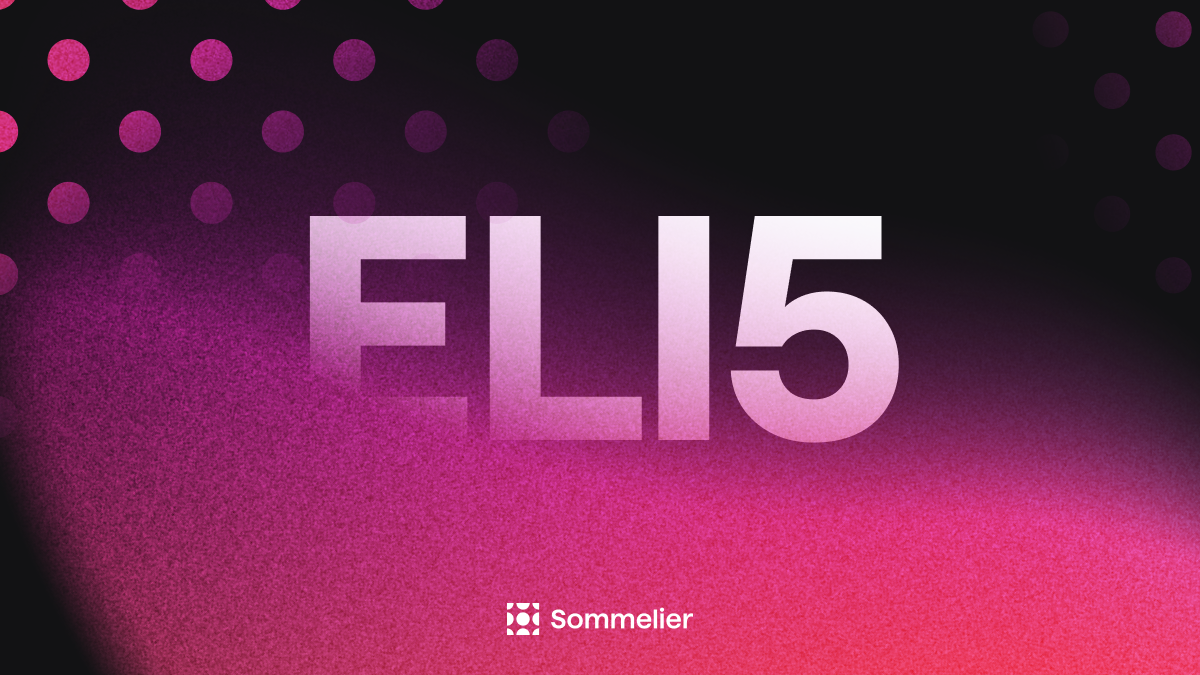
ELI-5 Explanation of the Data Science behind Sommelier’s First Aave Cellar
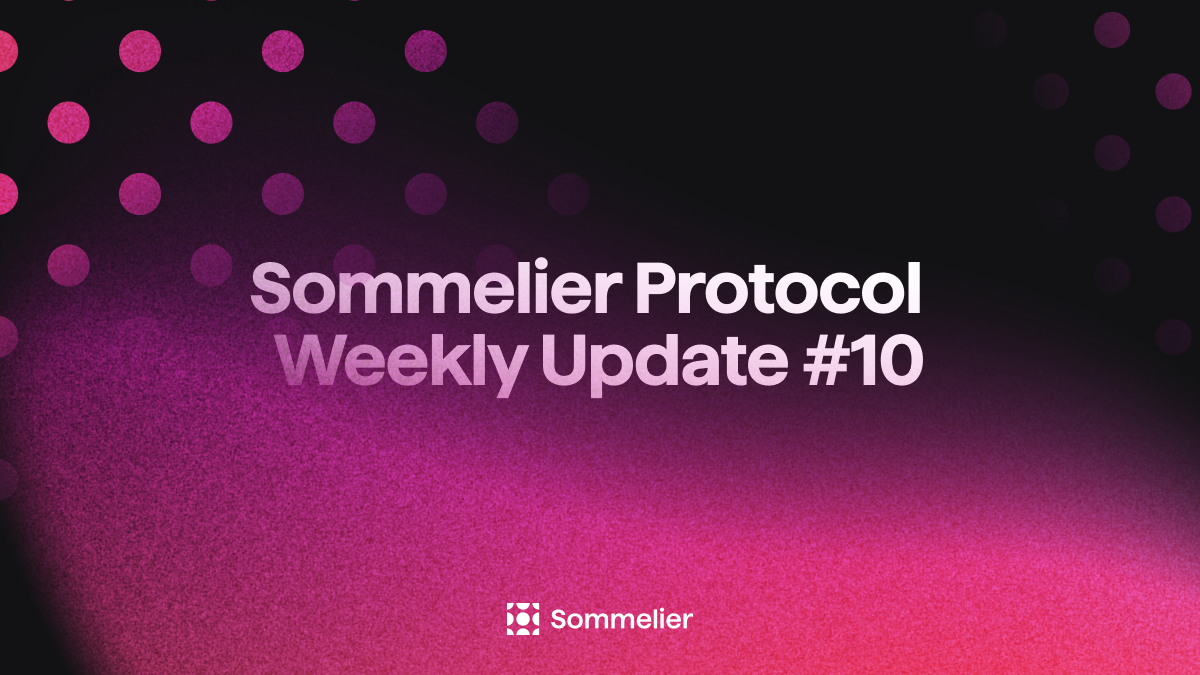
Sommelier Protocol Team Weekly Update #10
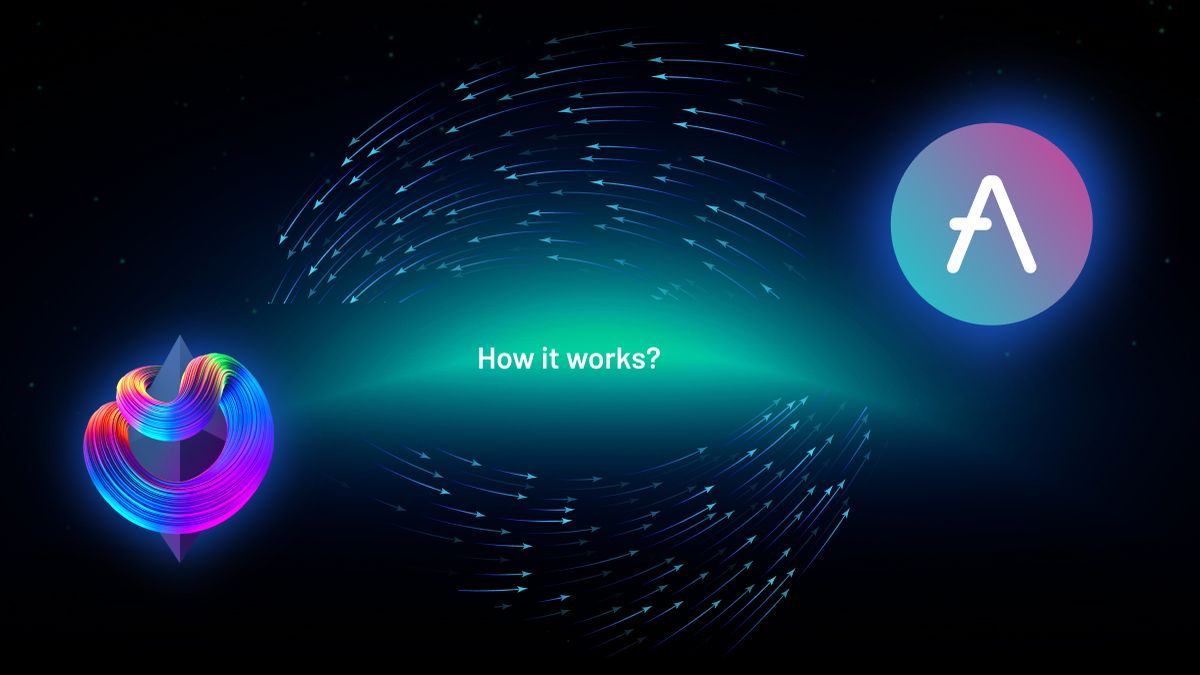
The Data Science Behind Sommelier’s First Aave Cellar
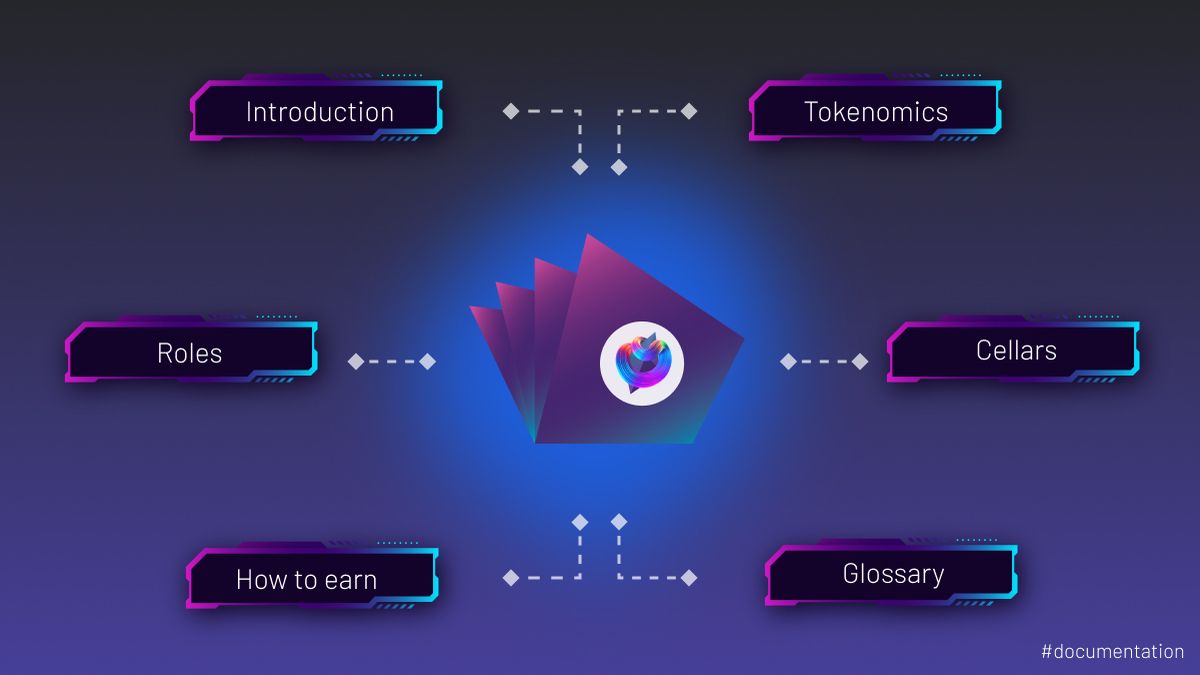
Sommelier Protocol Design Documents
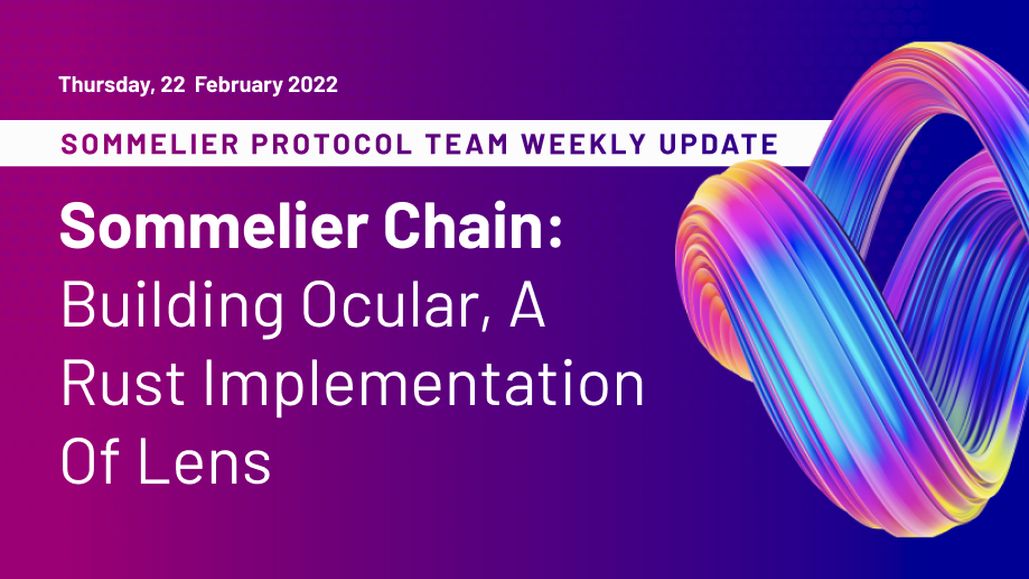
Sommelier Protocol Team Weekly Update #9
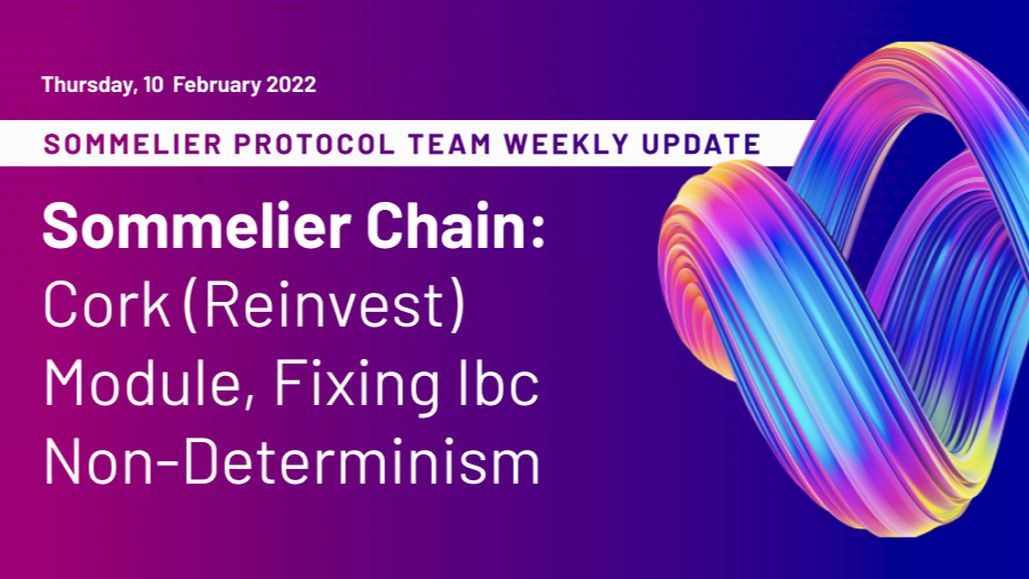
Sommelier Protocol Team Weekly Update #8
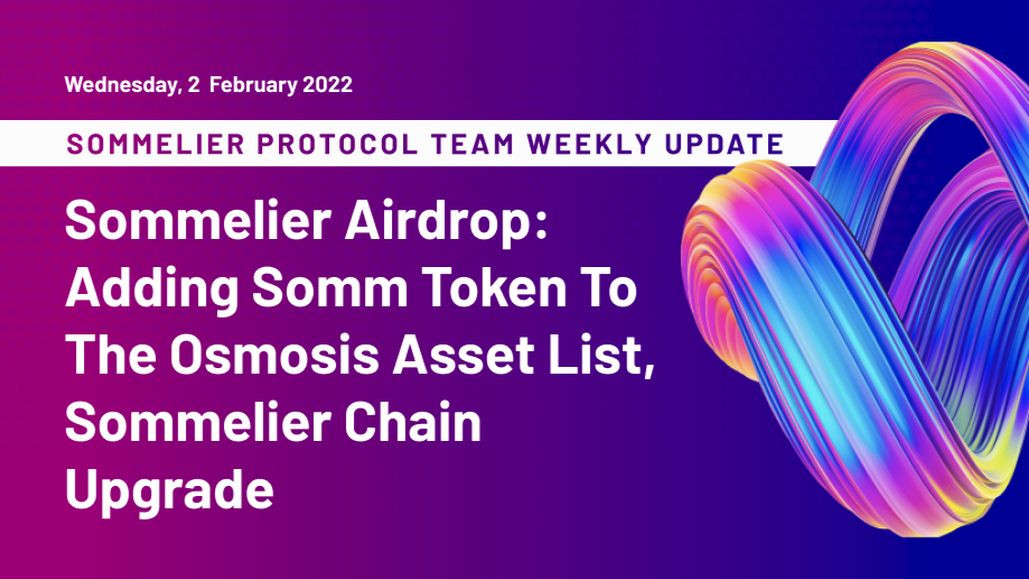
Sommelier Protocol Team Weekly Update #7
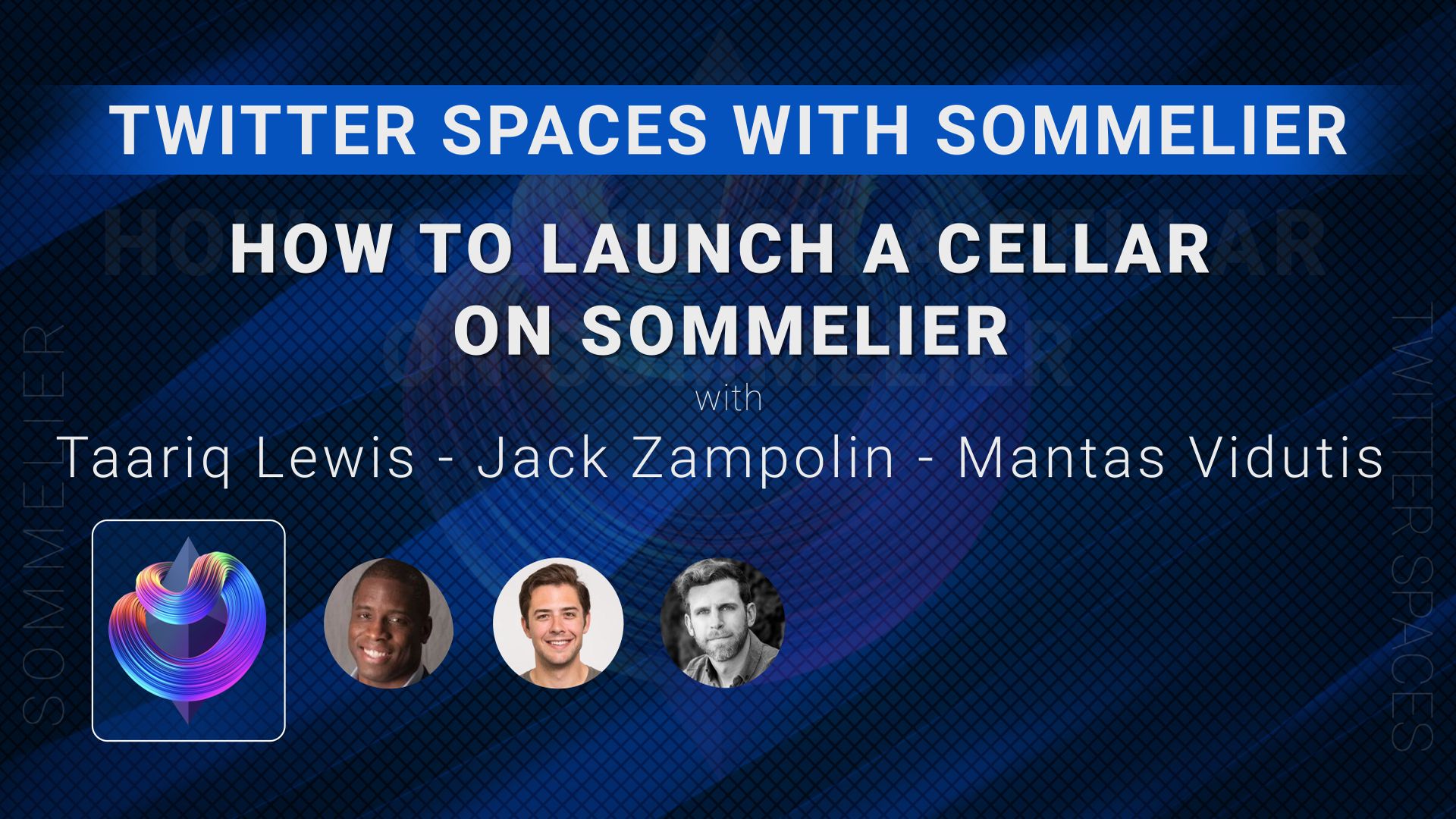
Twitter Spaces With Sommelier: How to Launch a Cellar on Sommelier

Twitter Spaces With Sommelier: Protocol Upgrade and Community Update
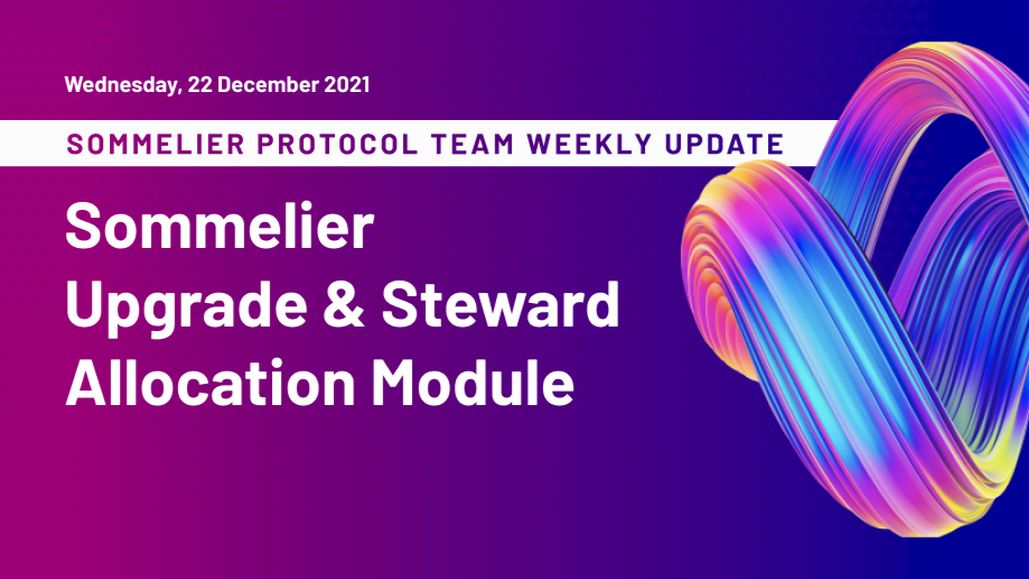
Sommelier Protocol Team Weekly Update #4
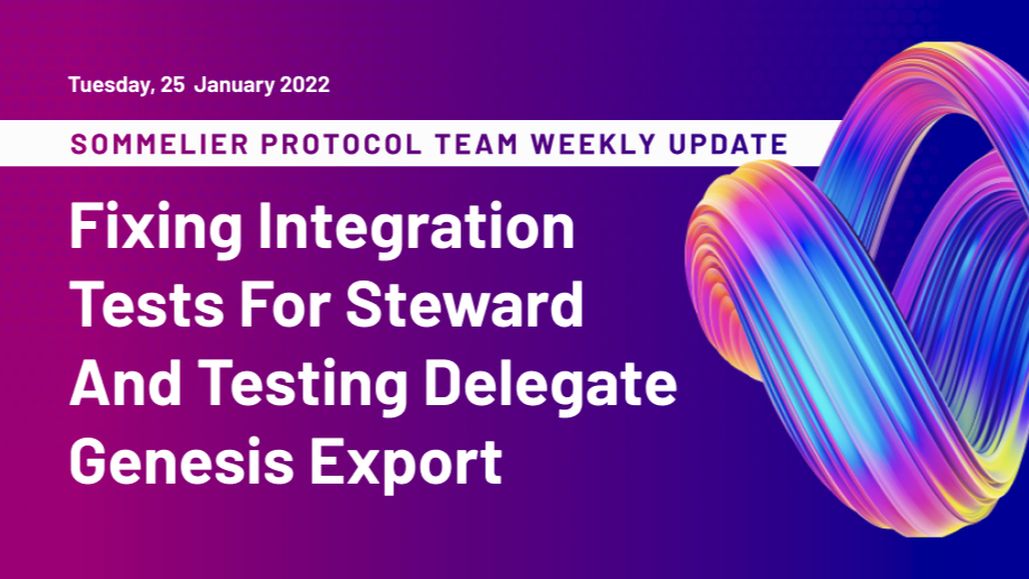
Sommelier Protocol Team Weekly Update #6
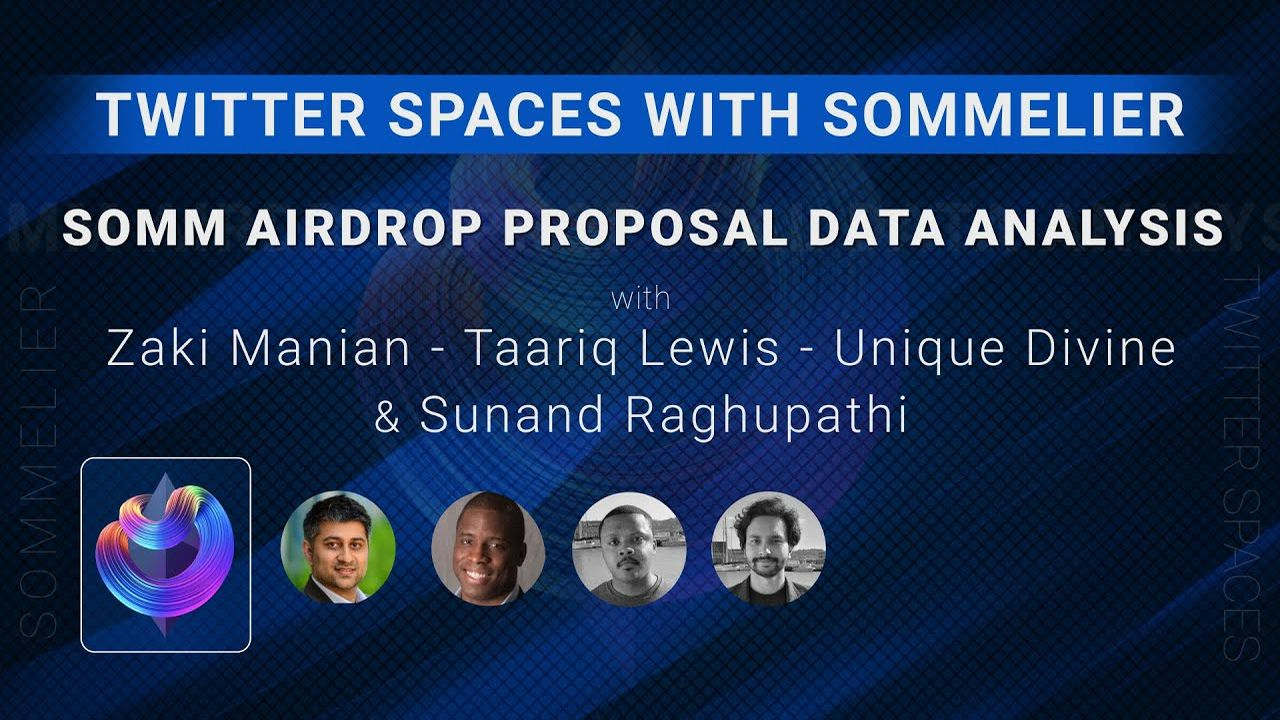
Twitter Spaces With Sommelier: SOMM Airdrop Proposal Data Analysis
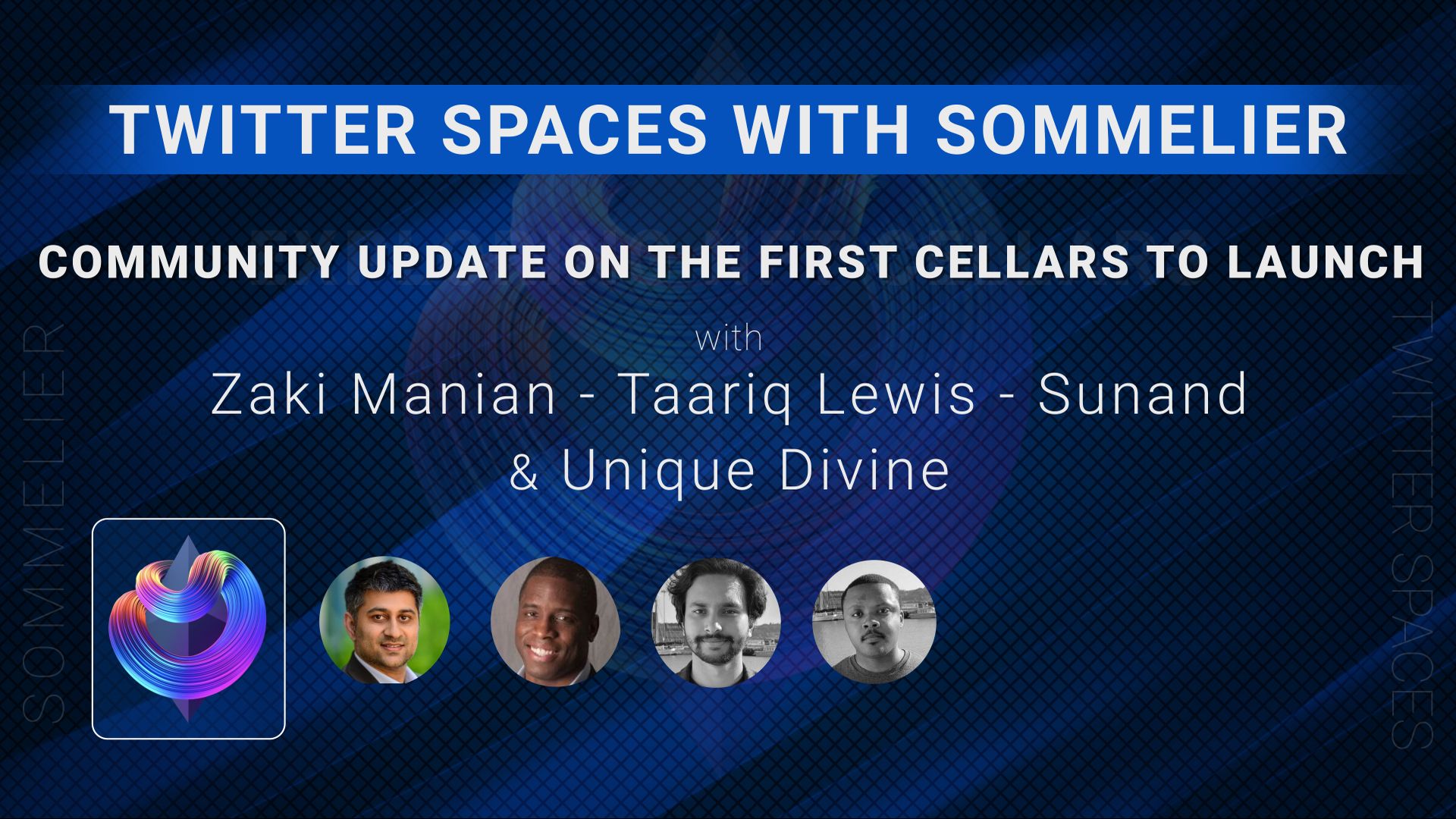
Twitter Spaces With Sommelier: Community Update on the First Cellars to Launch
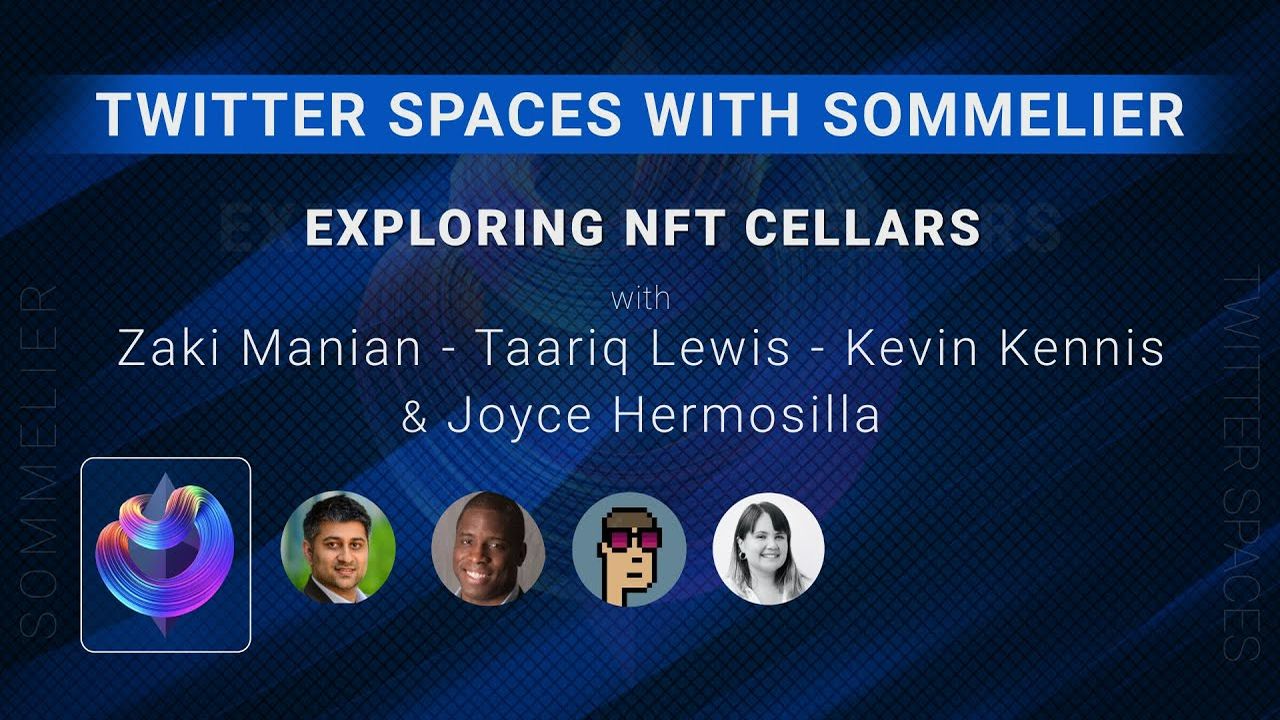
Twitter Spaces With Sommelier: Exploring NFT Cellars
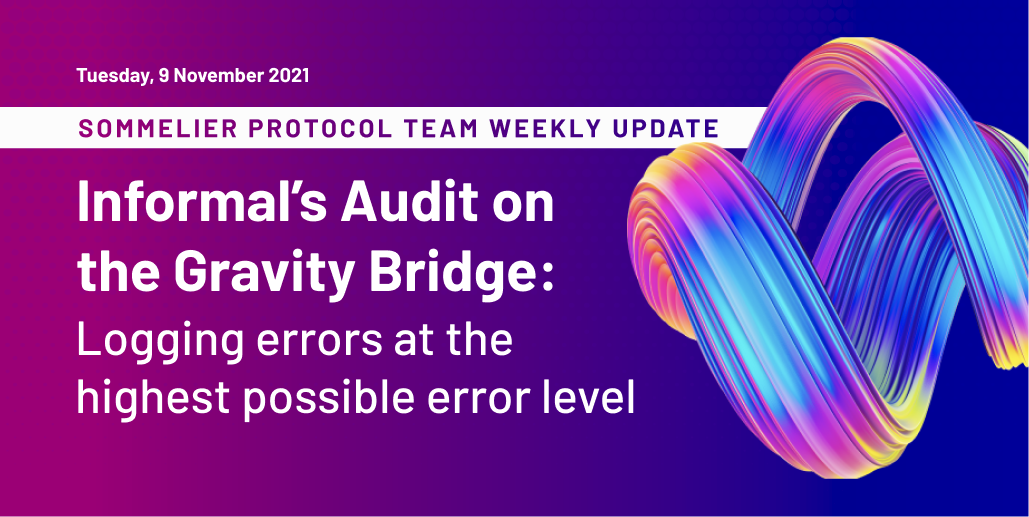
Sommelier Protocol Team Weekly Update #1
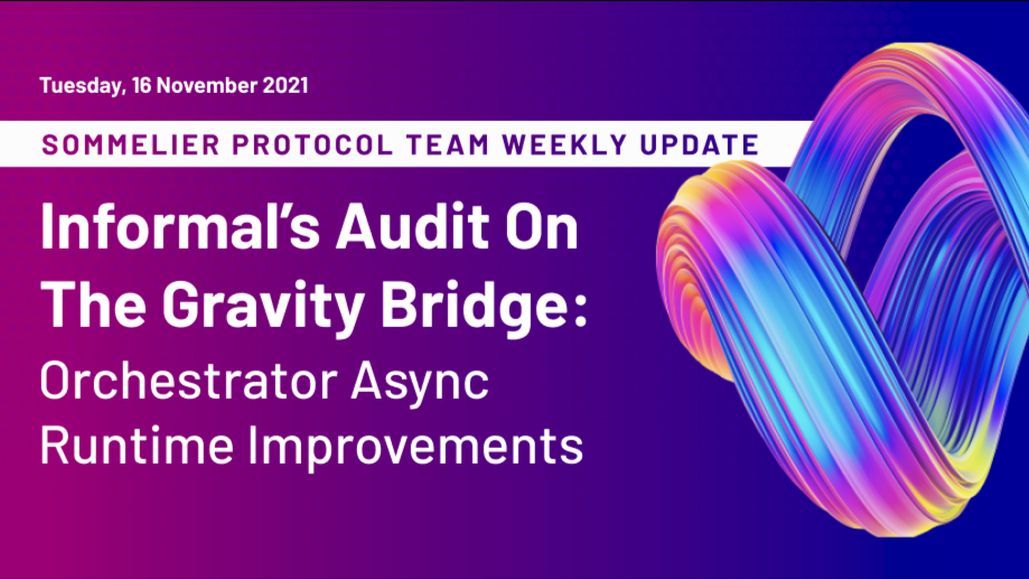
Sommelier Protocol Team Weekly Update #2
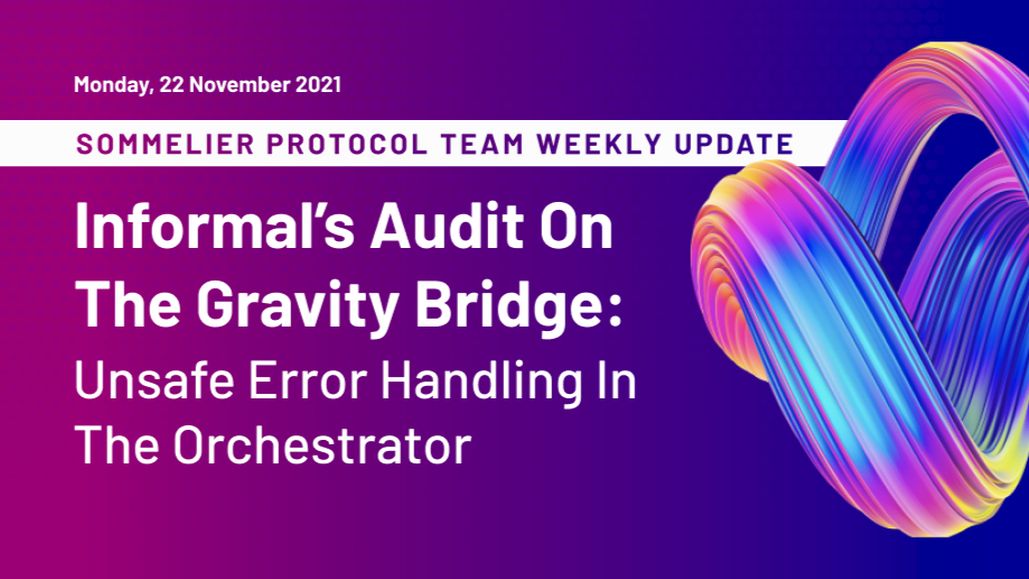
Sommelier Protocol Team Weekly Update #3

Three Things You Need to Know About Sommelier Governance This Week
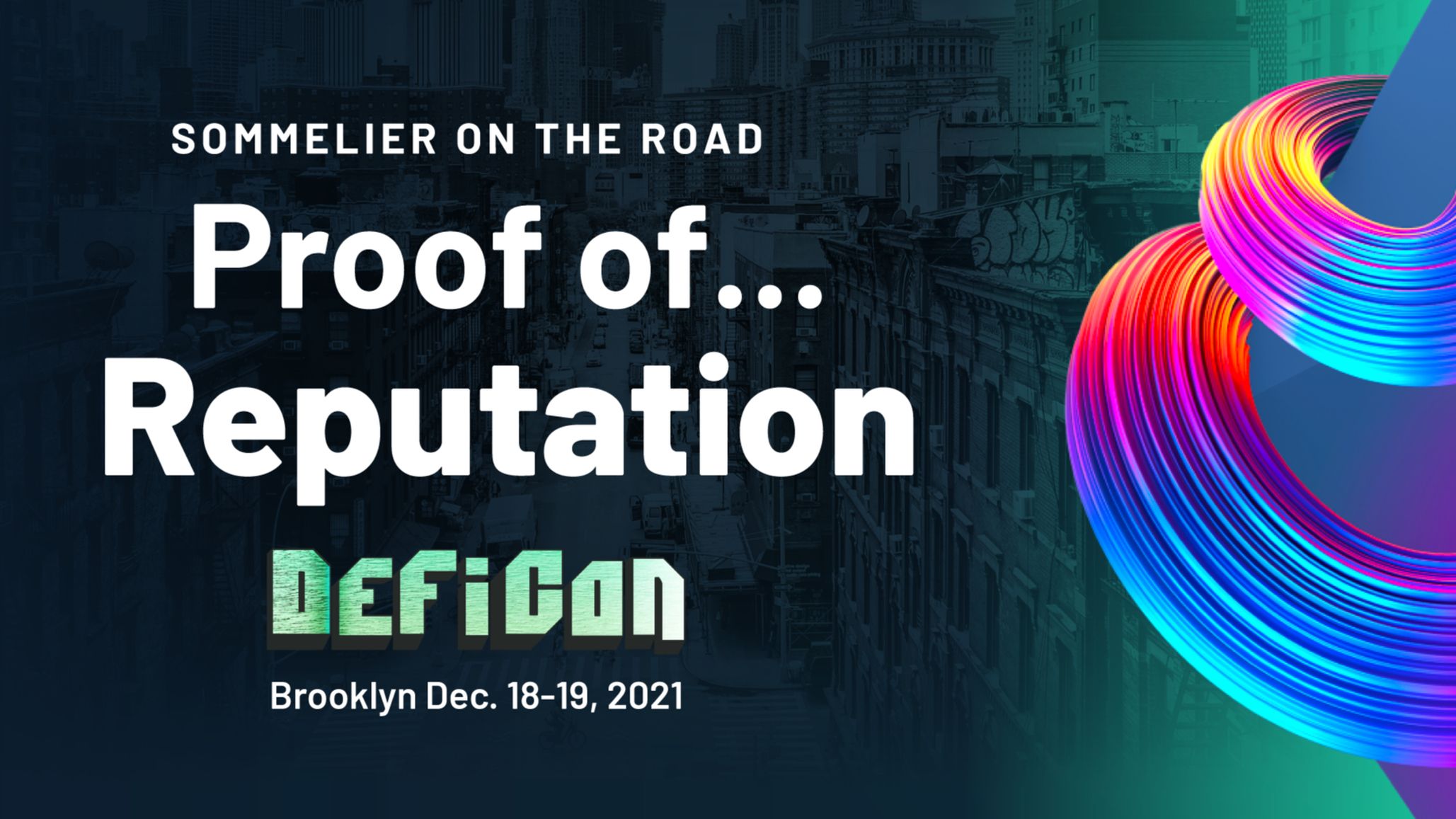
Sommelier On the Road: PROOF OF…REPUTATION
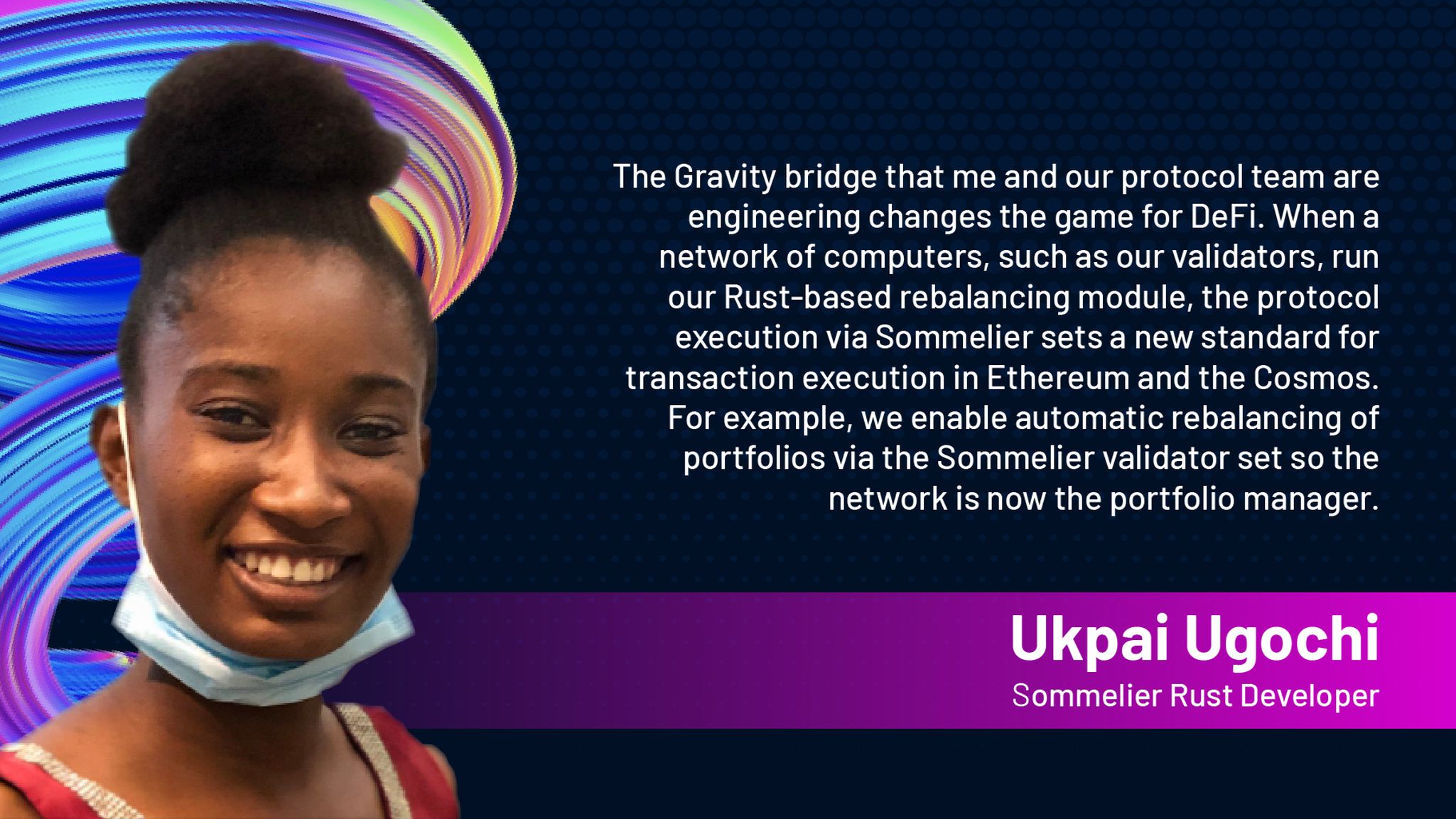
Introducing Ukpai Ugochi - Working on The Sommelier Cellars Rebalancer
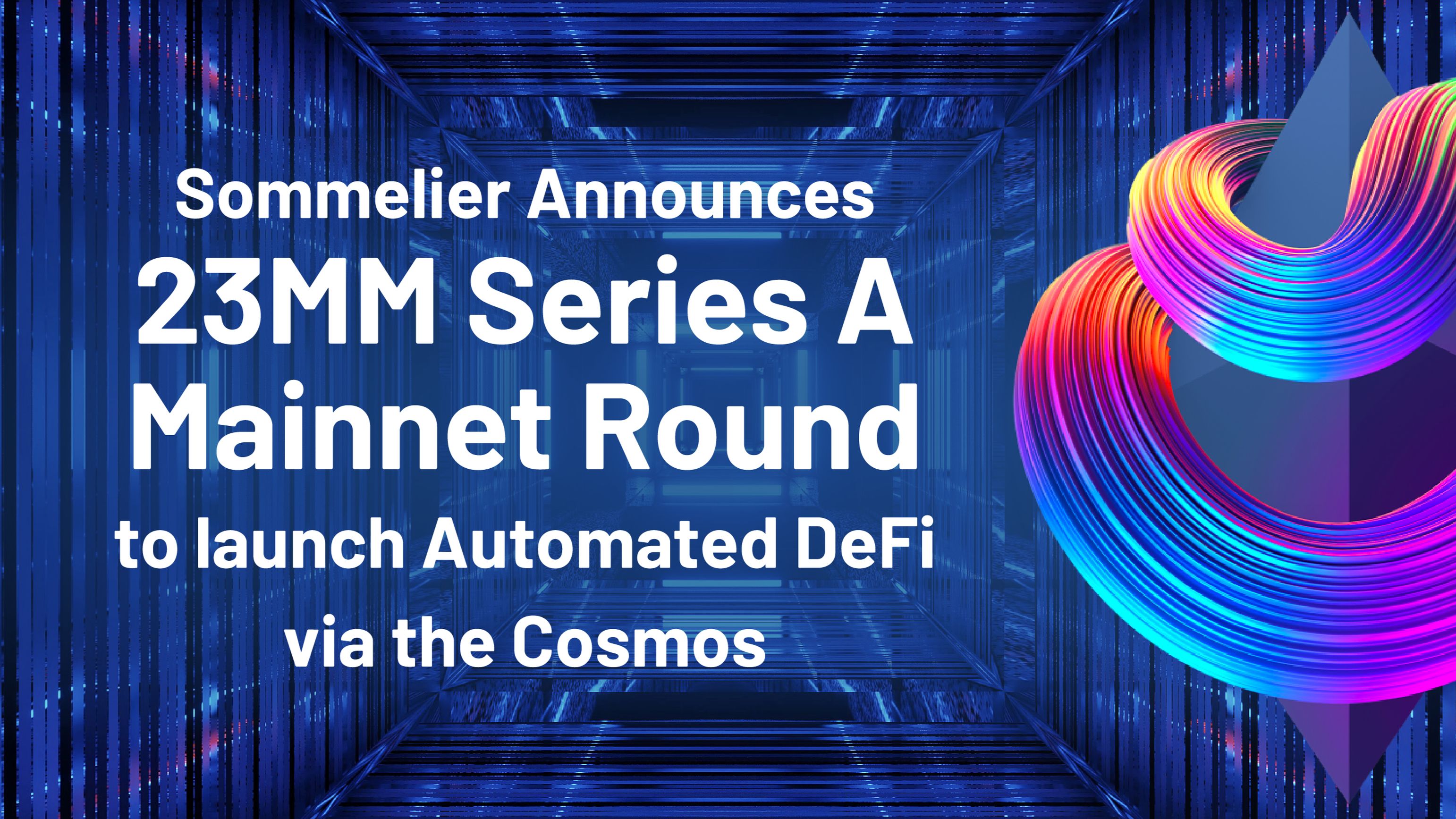
Sommelier Announces 23MM Series A Mainnet Round to launch Automated DeFi via the Cosmos
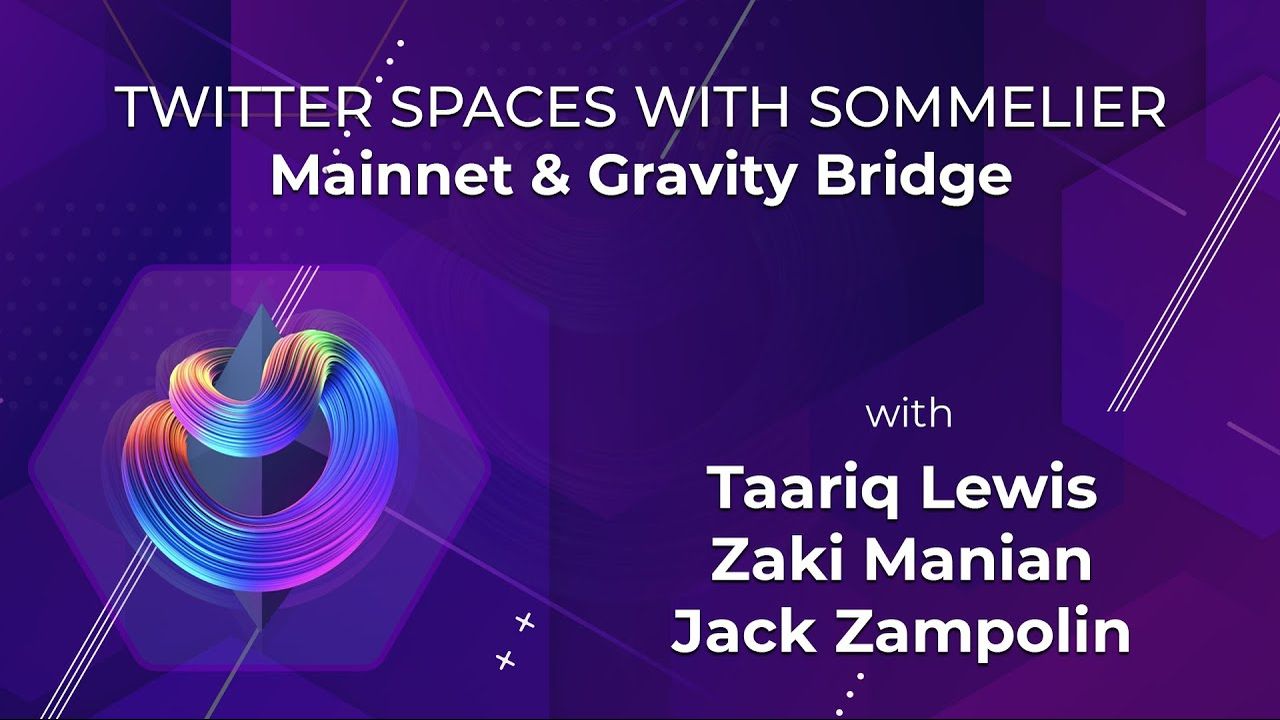
Twitter Spaces With Sommelier: Mainnet Launch & Gravity Bridge
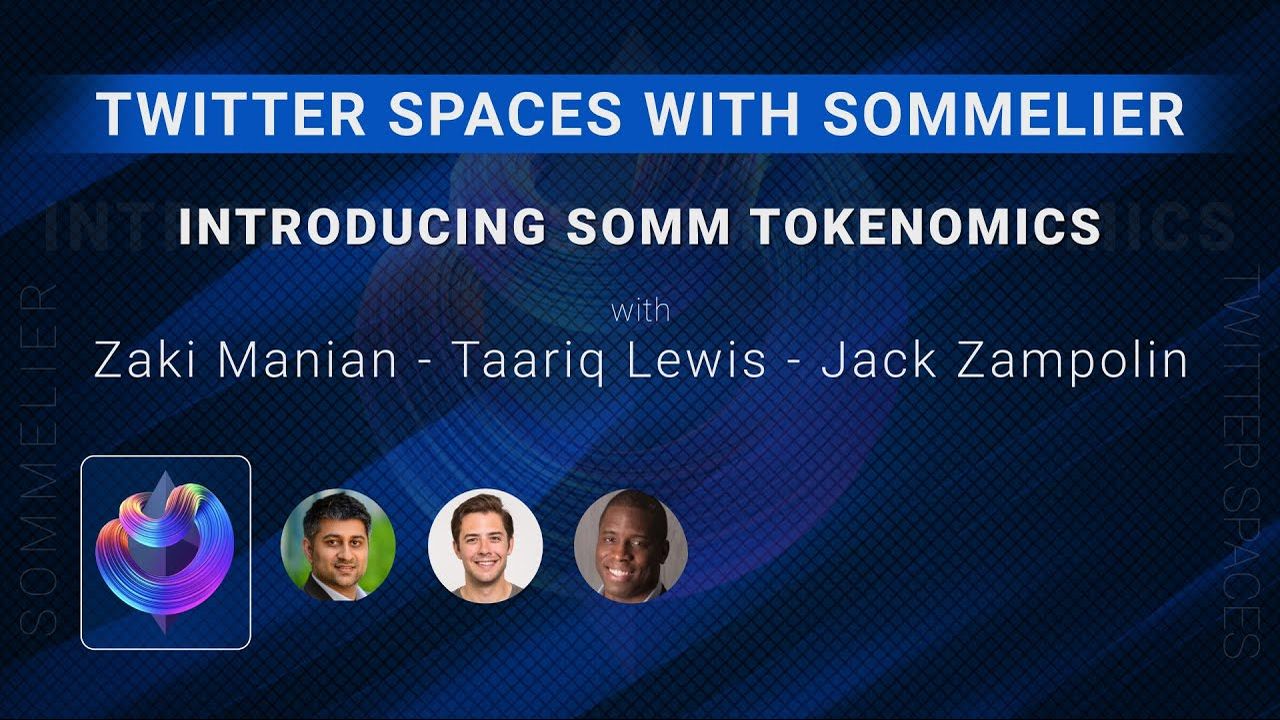
Twitter Spaces With Sommelier: Introducing SOMM Tokenomics
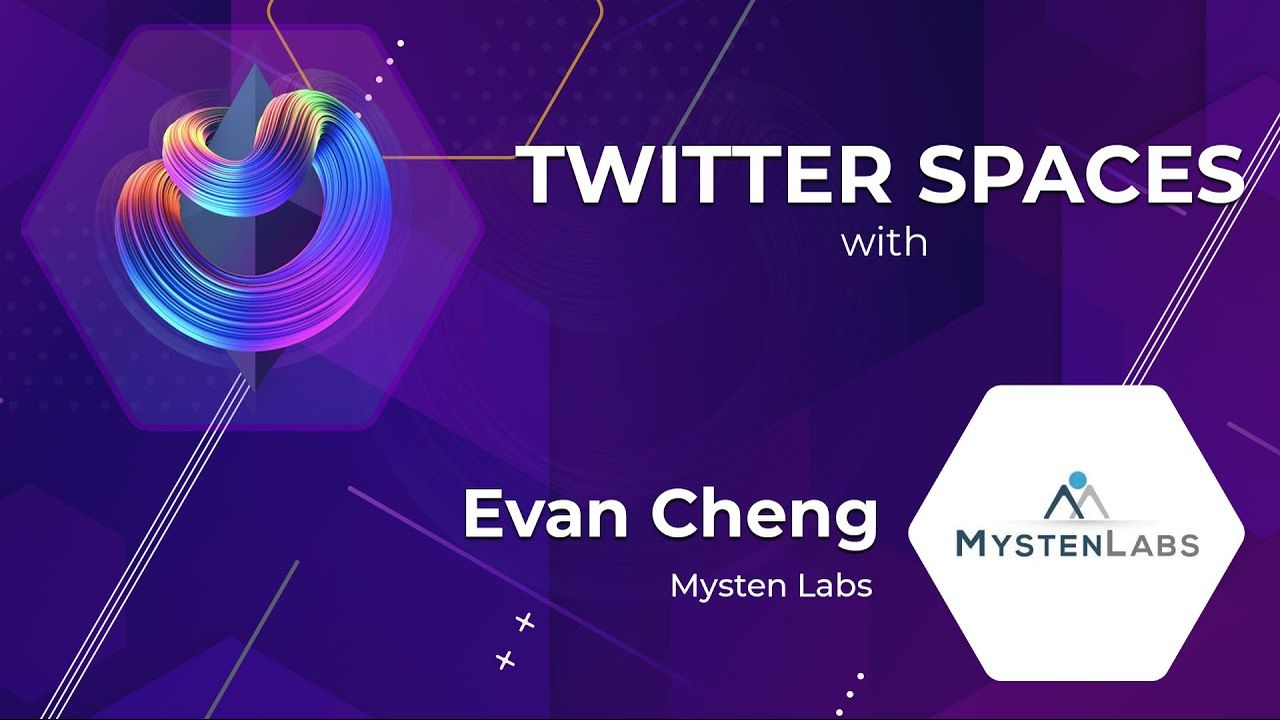
Twitter Spaces With Sommelier: Mysten Labs AMA With Evan Cheng
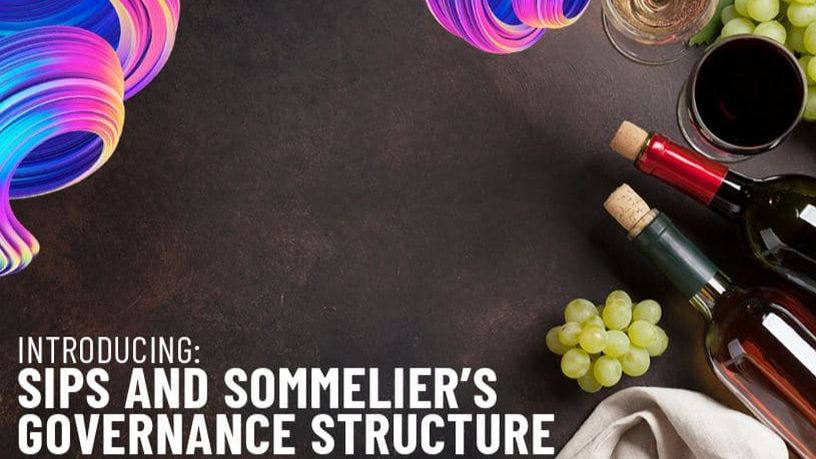
Introducing SIPS and Sommelier’s Governance Structure
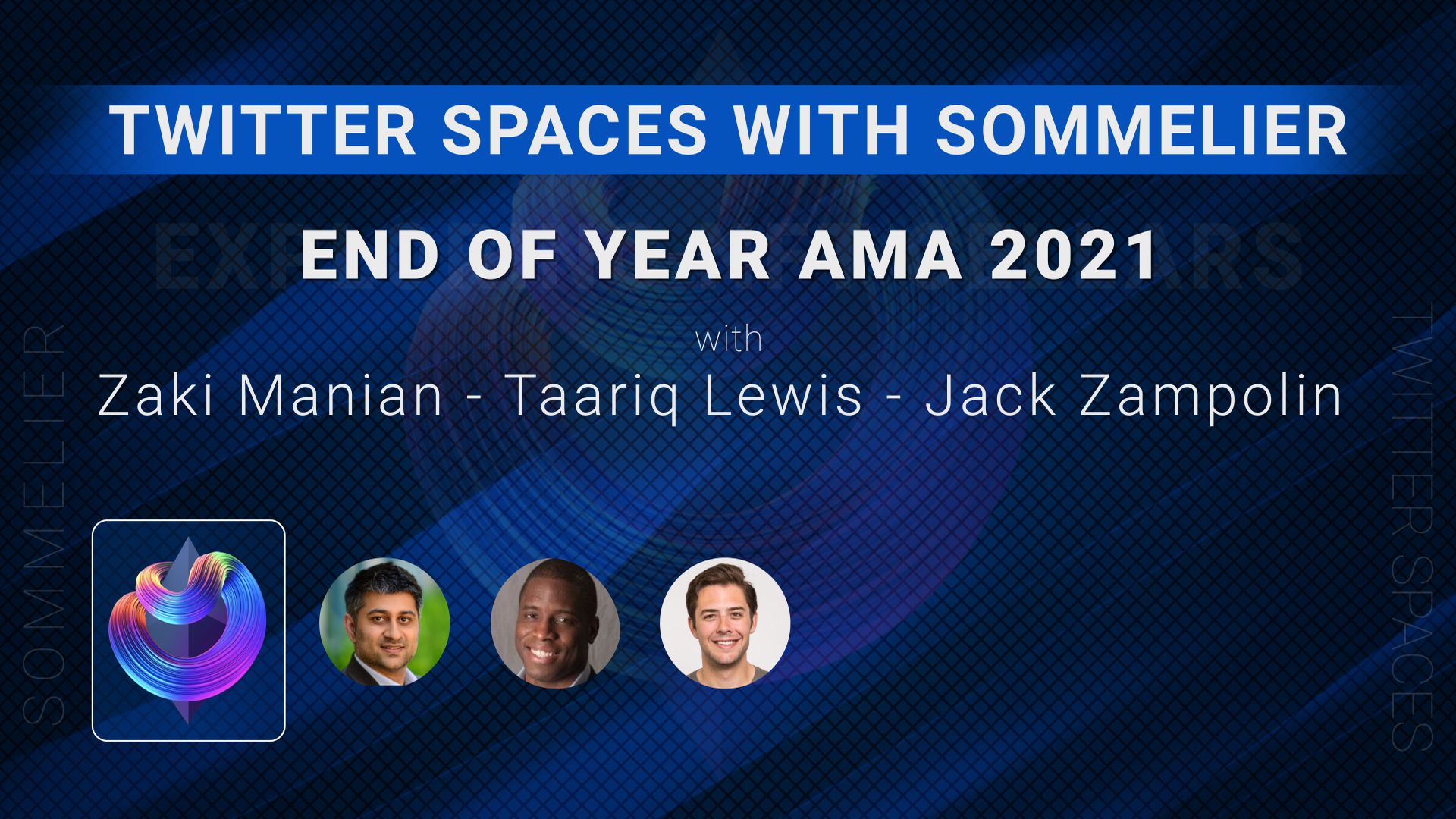
Twitter Spaces With Sommelier: End of Year AMA 2021
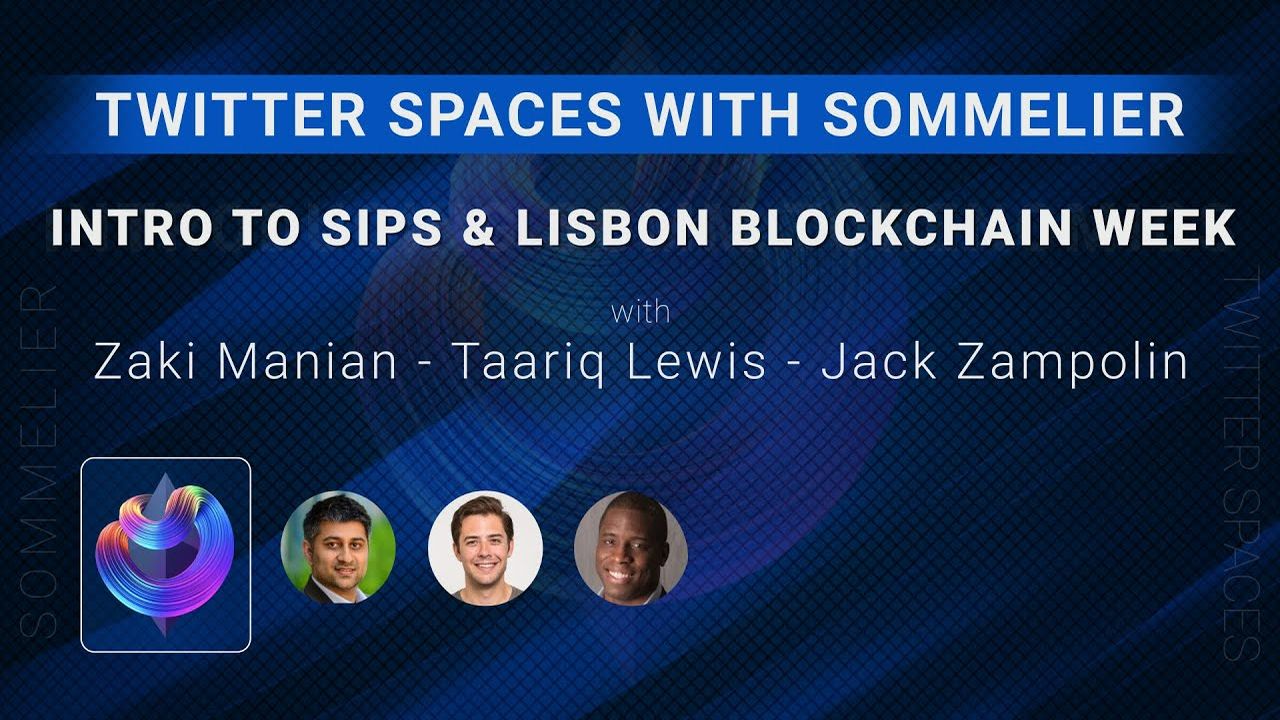
Twitter Spaces With Sommelier: Intro to SIPS & Lisbon Blockchain Week
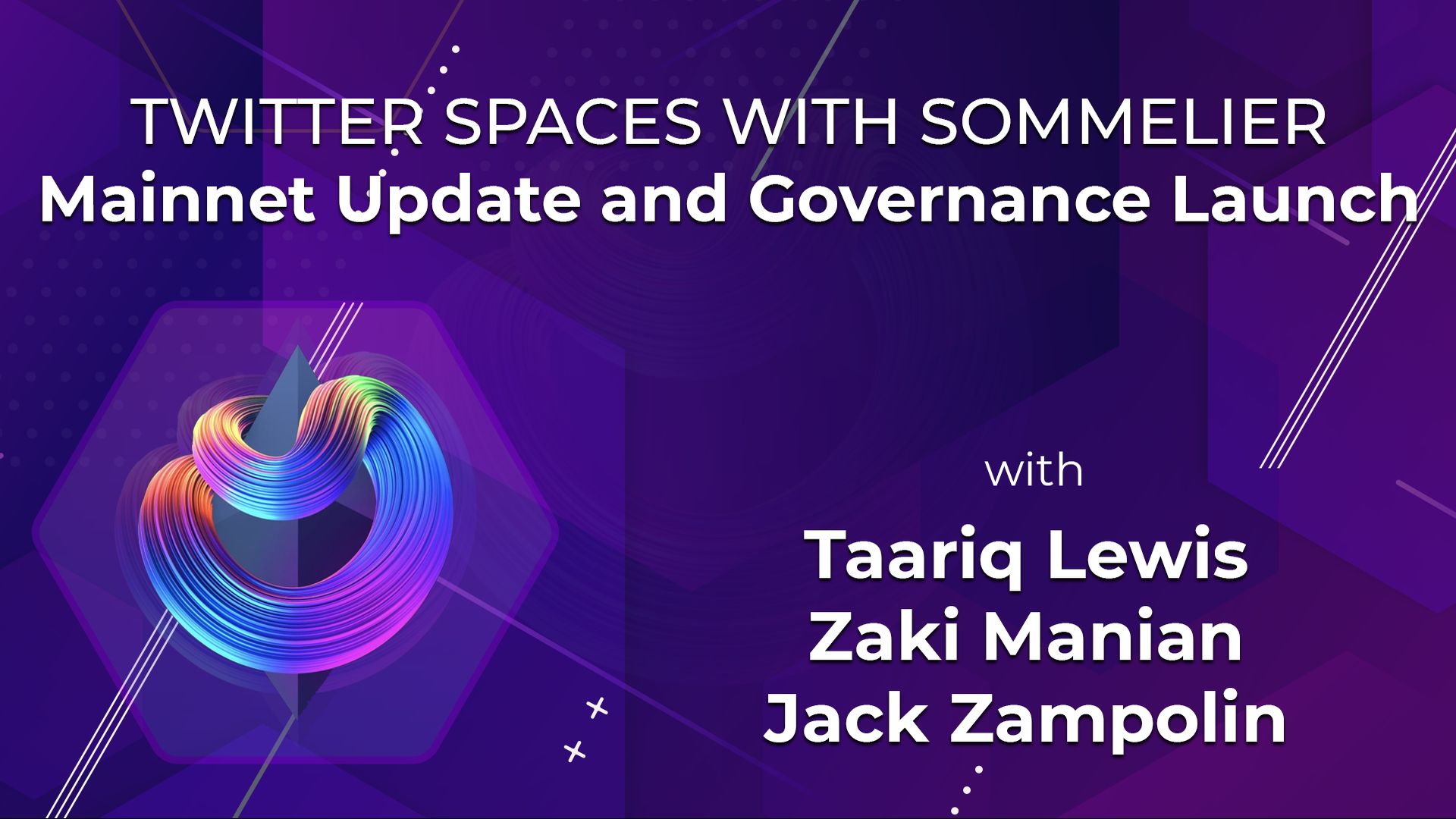
Twitter Spaces With the Sommeliers: Mainnet Update and Governance Launch
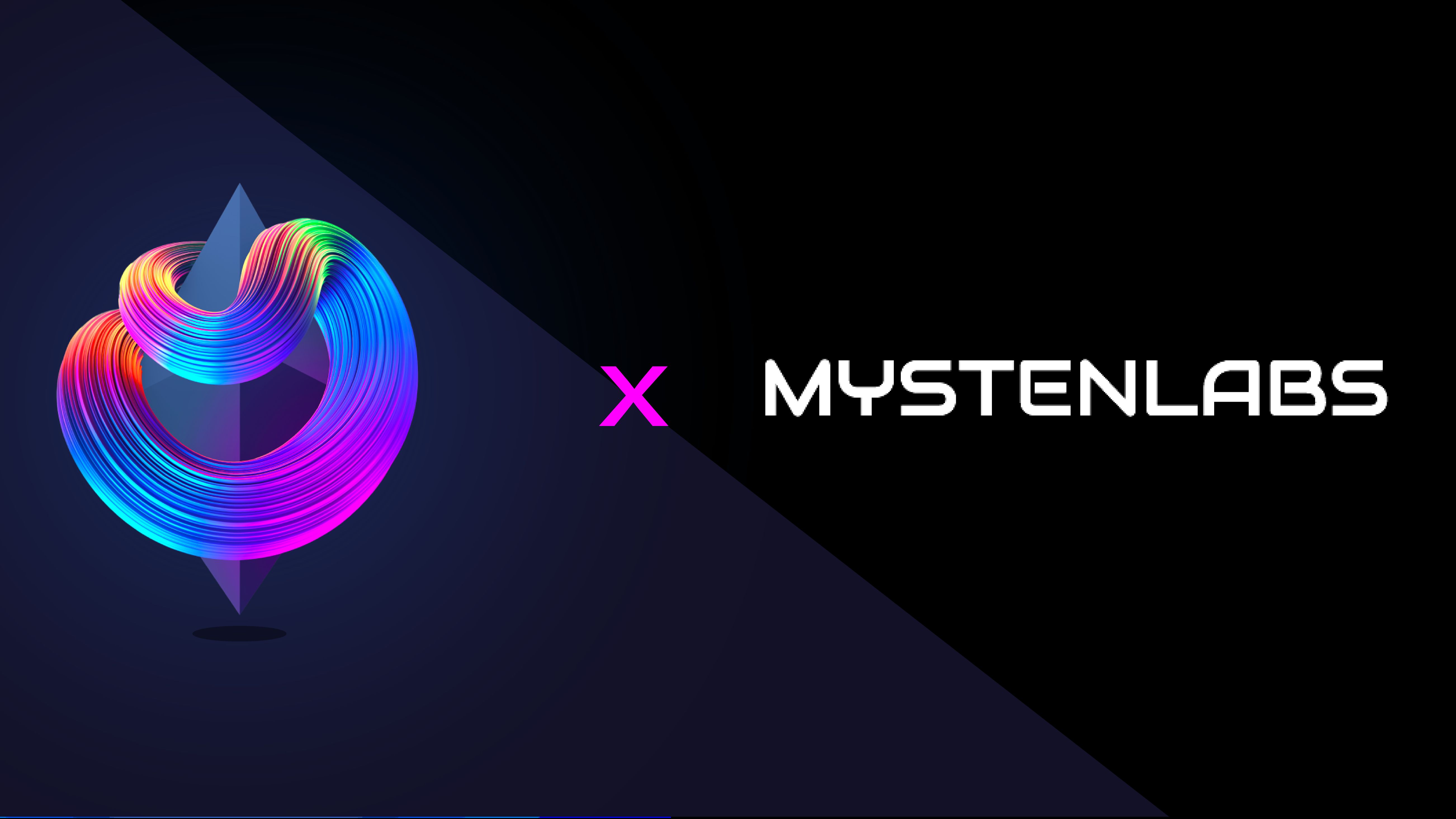
Sommelier Partners With Mysten Labs to Make Sommelier and All Cosmos Blockchains the Fastest Protocols on the Planet
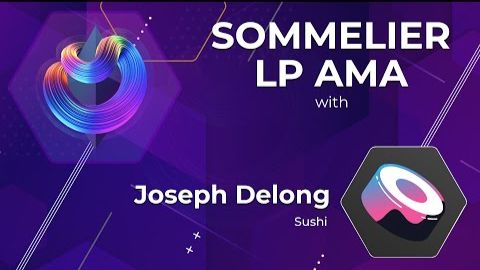
Twitter Spaces With the Sommeliers: Sushi AMA With Joseph Delong
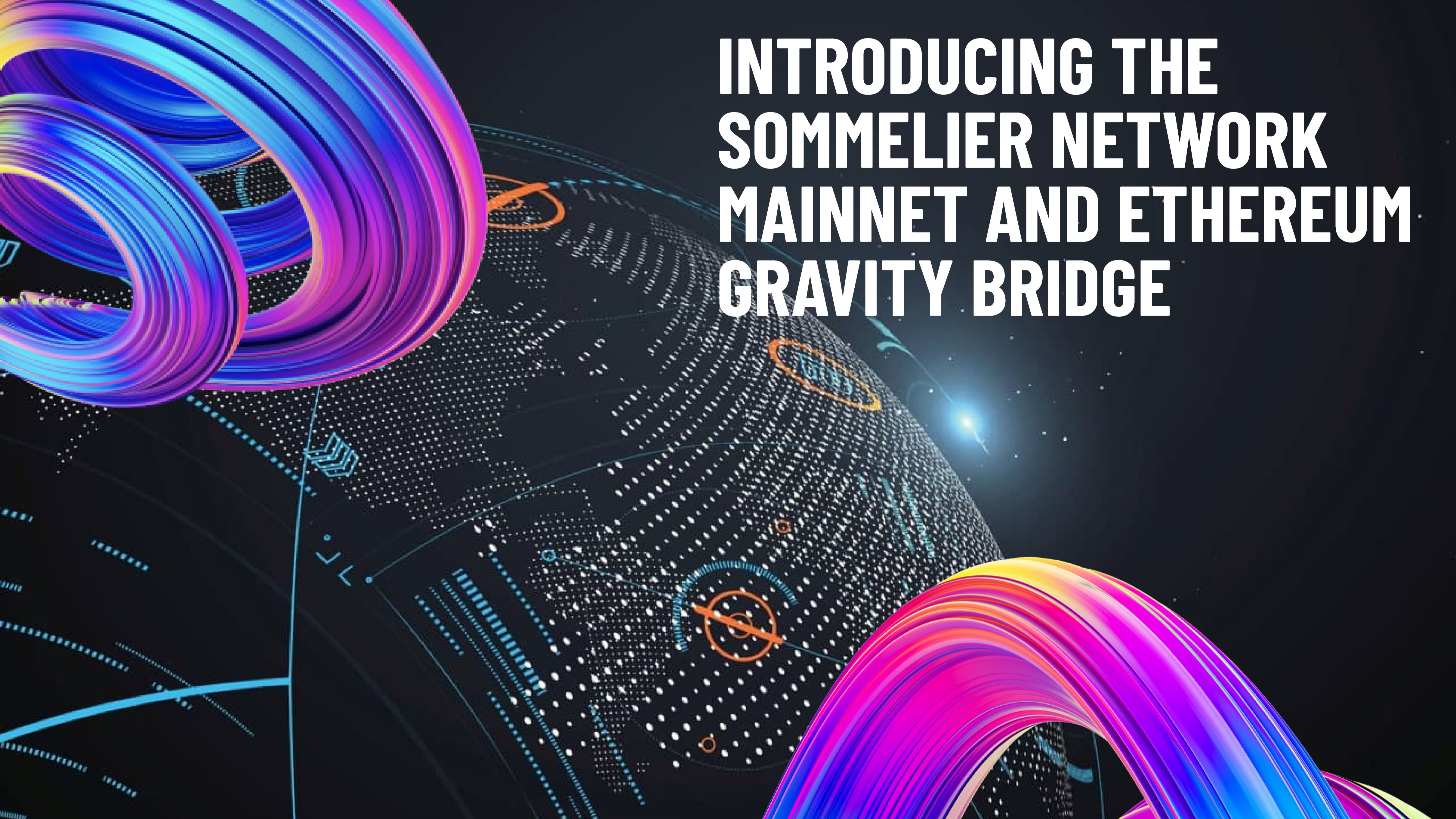
Introducing the Sommelier Network Mainnet and Ethereum Gravity Bridge
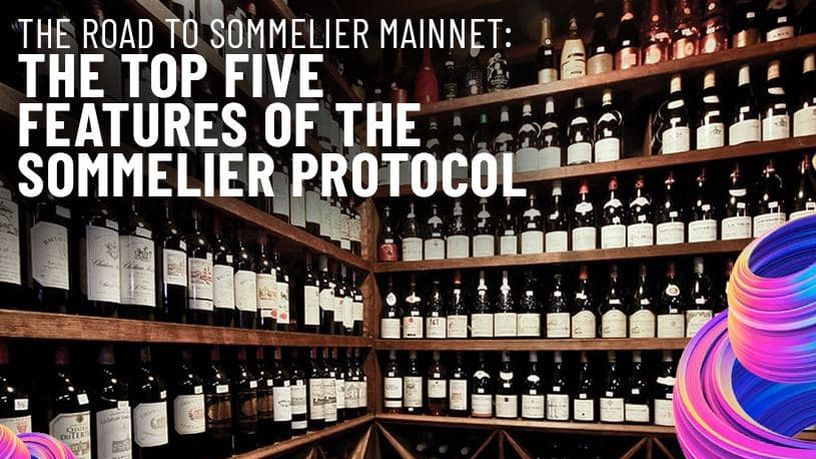
The Top Five Features of the Sommelier Protocol
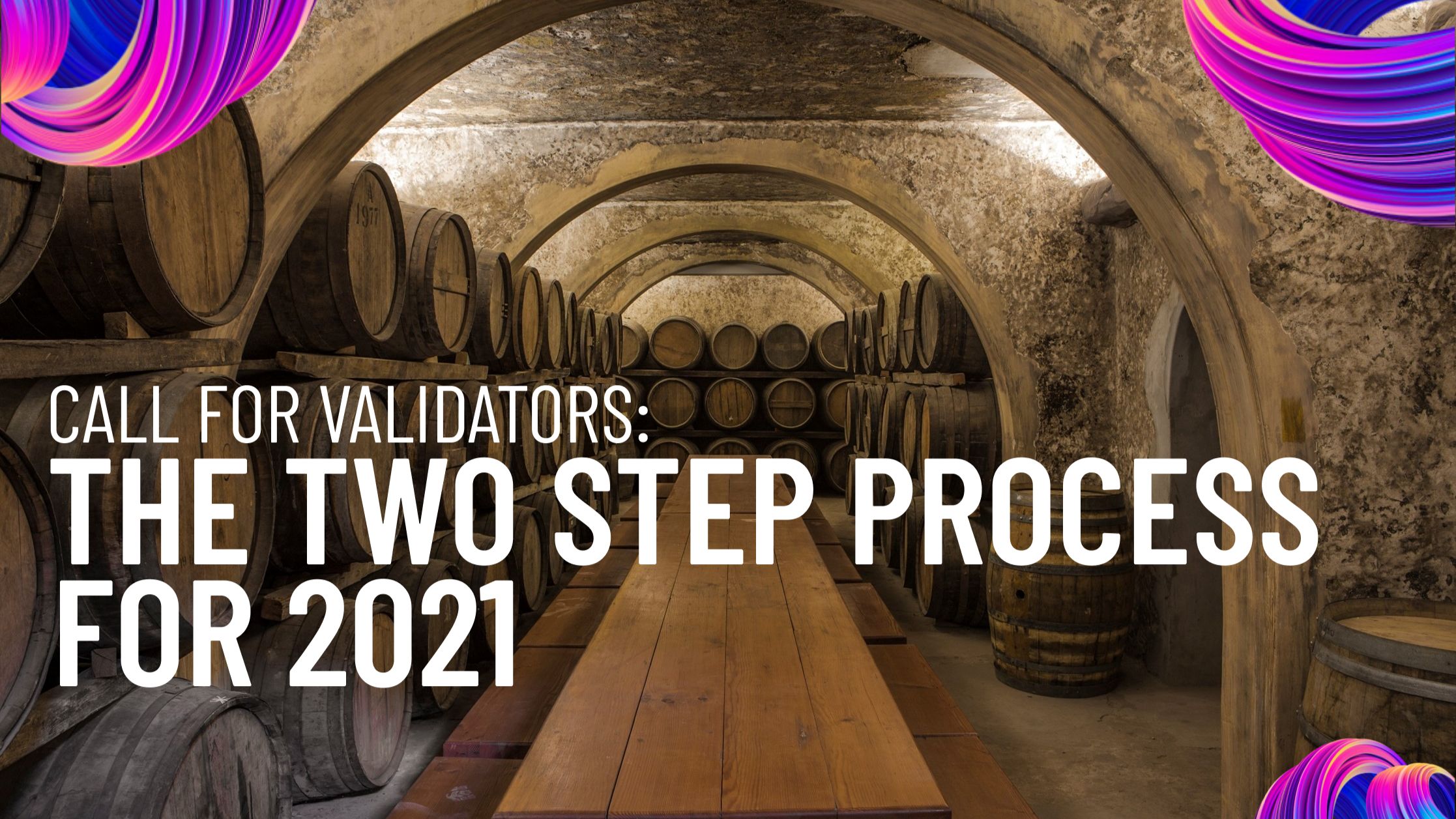
Call for Validators: The Two Step Process for 2021
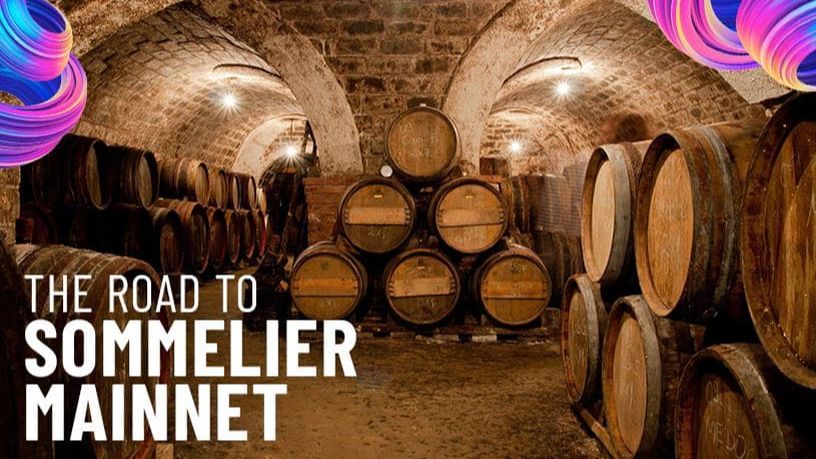
Two New Features Launched to Test Liquidity Management on Uniswap v3

Uniswap v3 Remove Smart Contract Incident Post Mortem for Sommelier
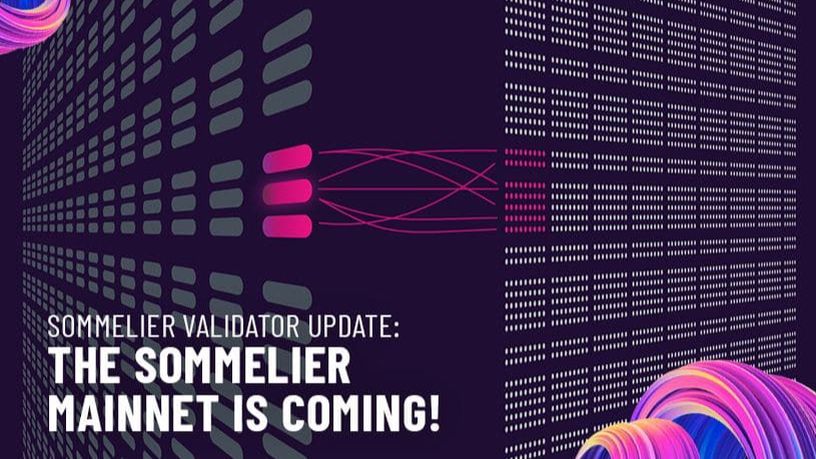
Call for Validators: Road to Sommelier Mainnet
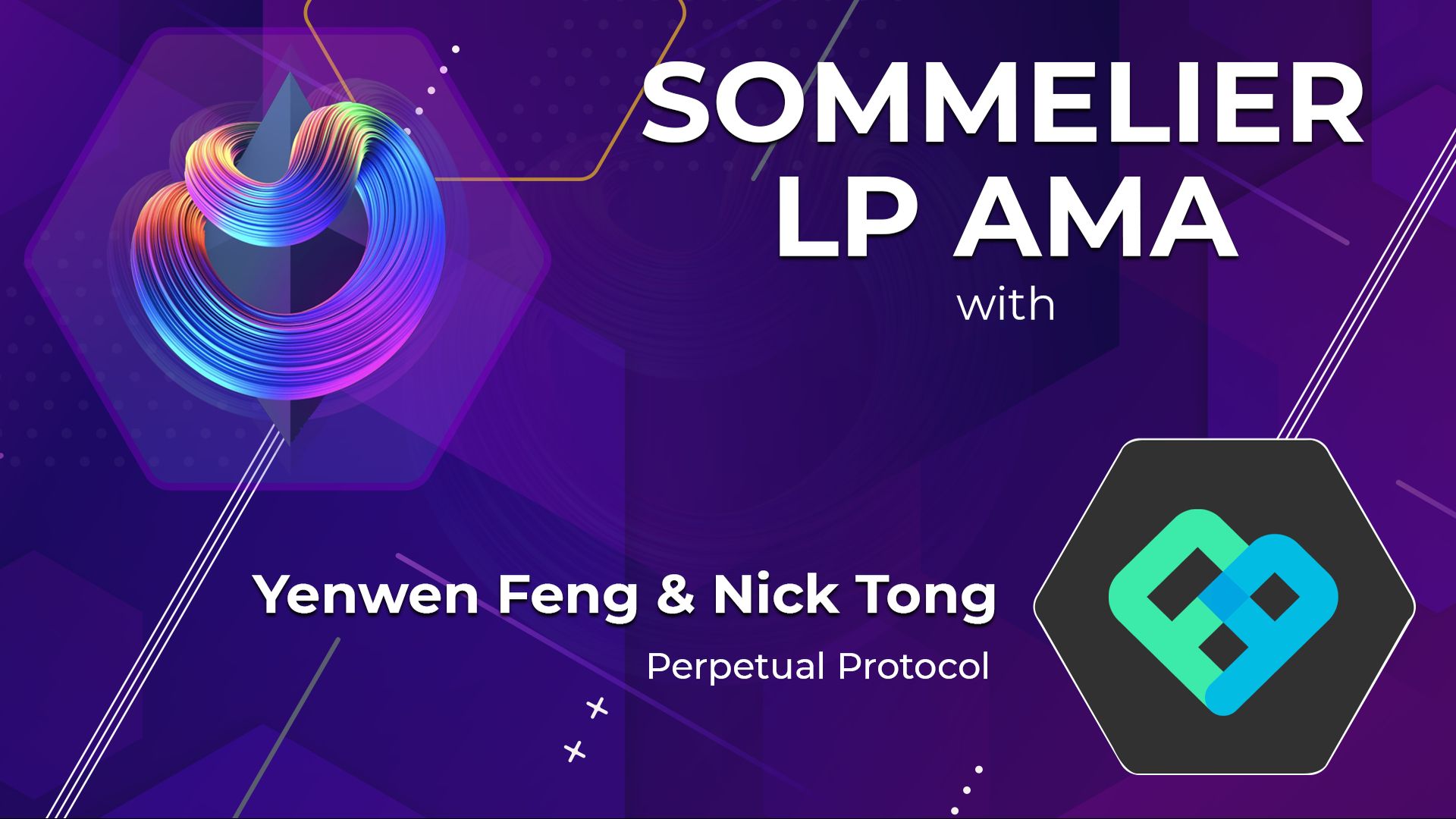
Sommelier Liquidity AMA With Yenwen and Nick From Perpetual Protocol
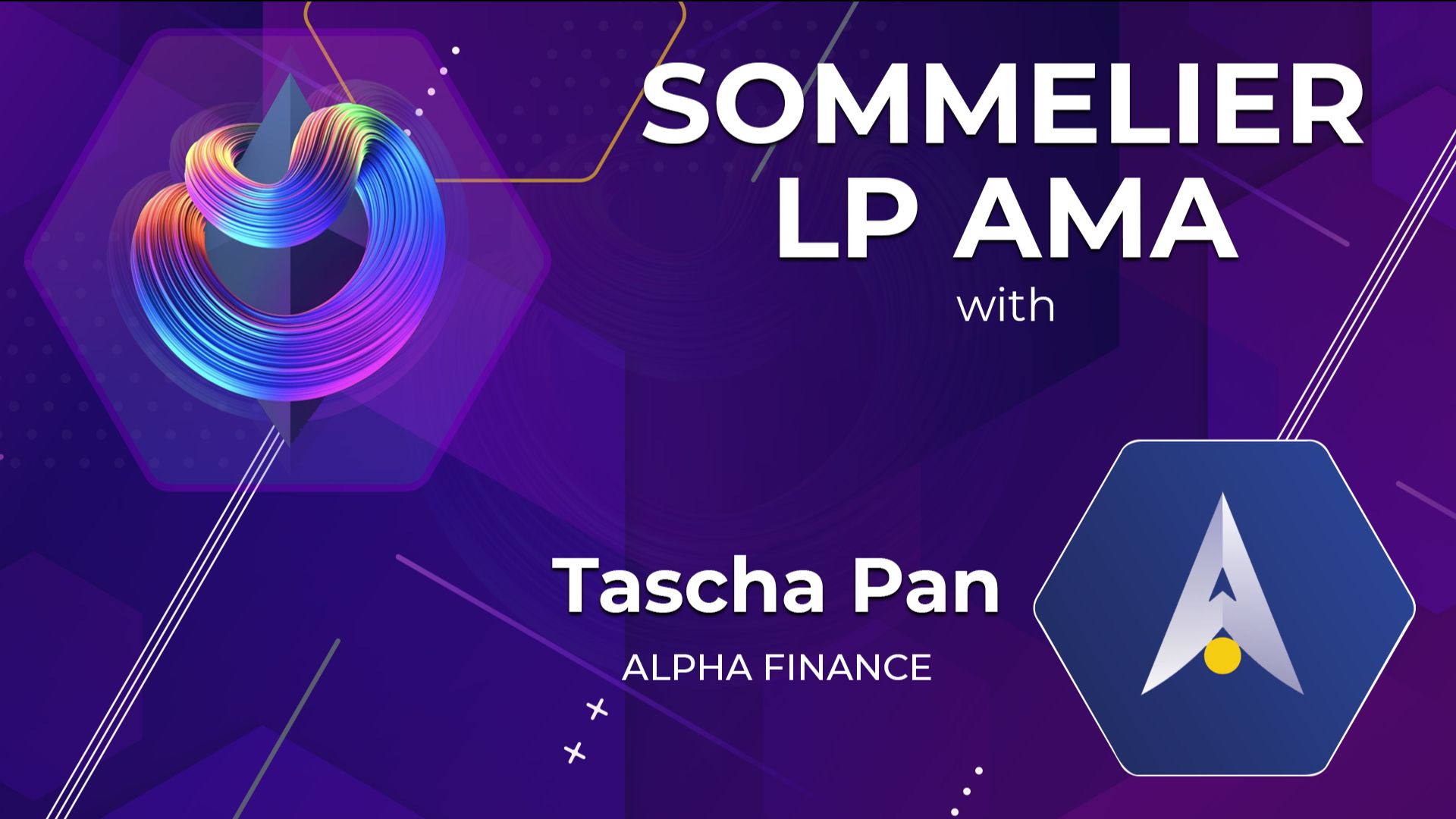
Sommelier Liquidity AMA With Tascha Pan From Alpha Finance
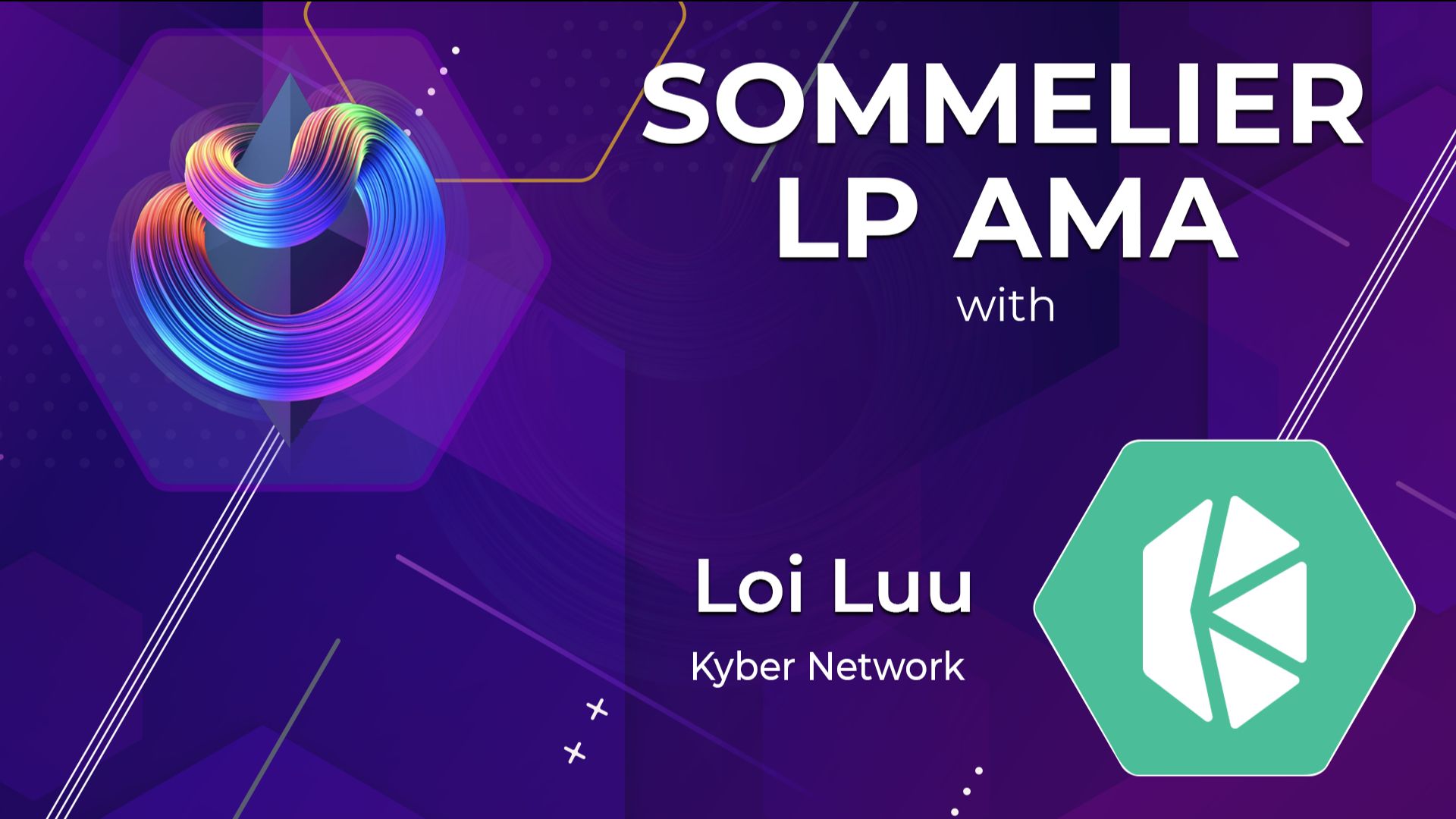
Sommelier Liquidity AMA With Loi Luu From Kyber Network
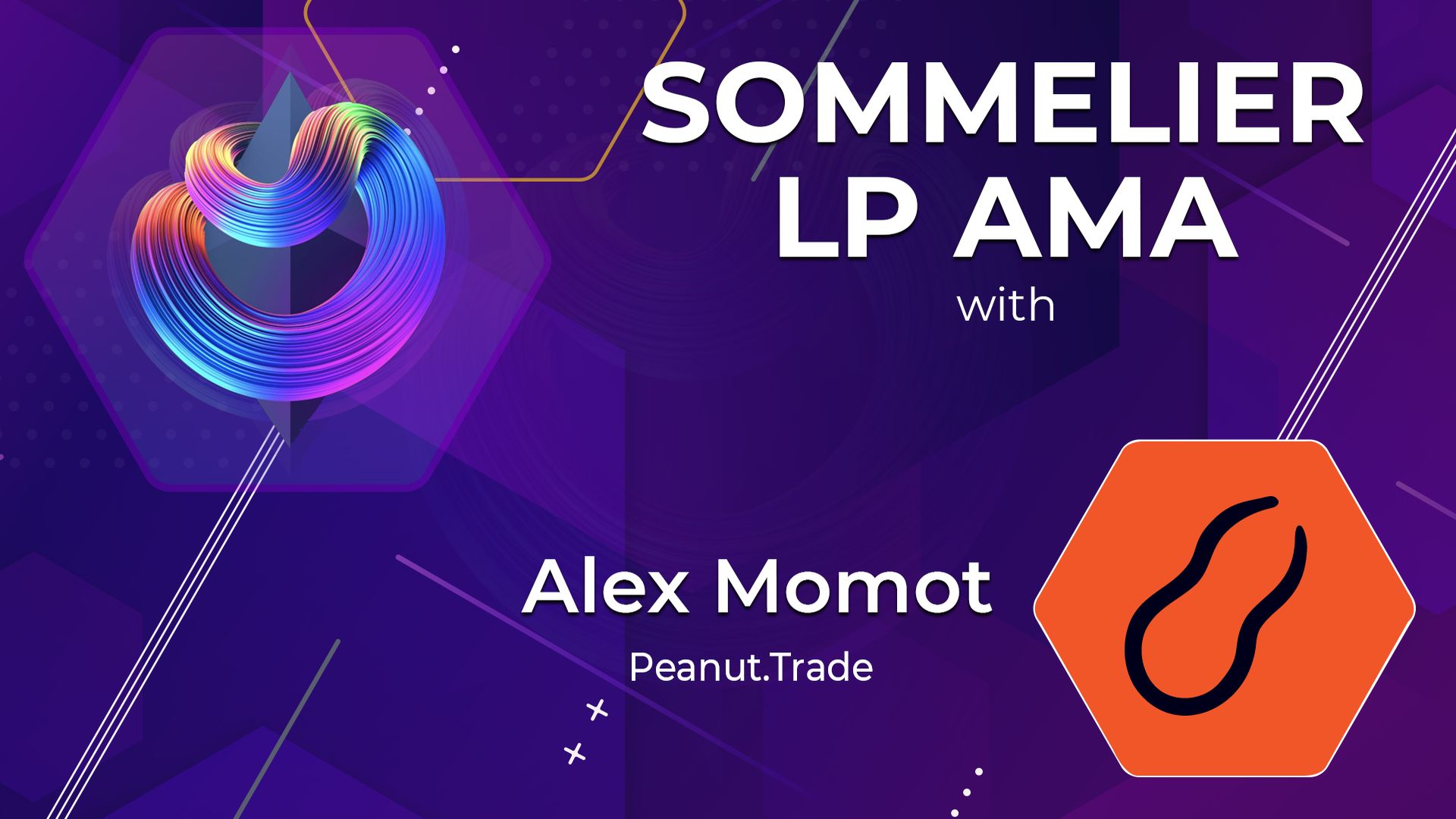
Sommelier Liquidity AMA With Alex From Peanut
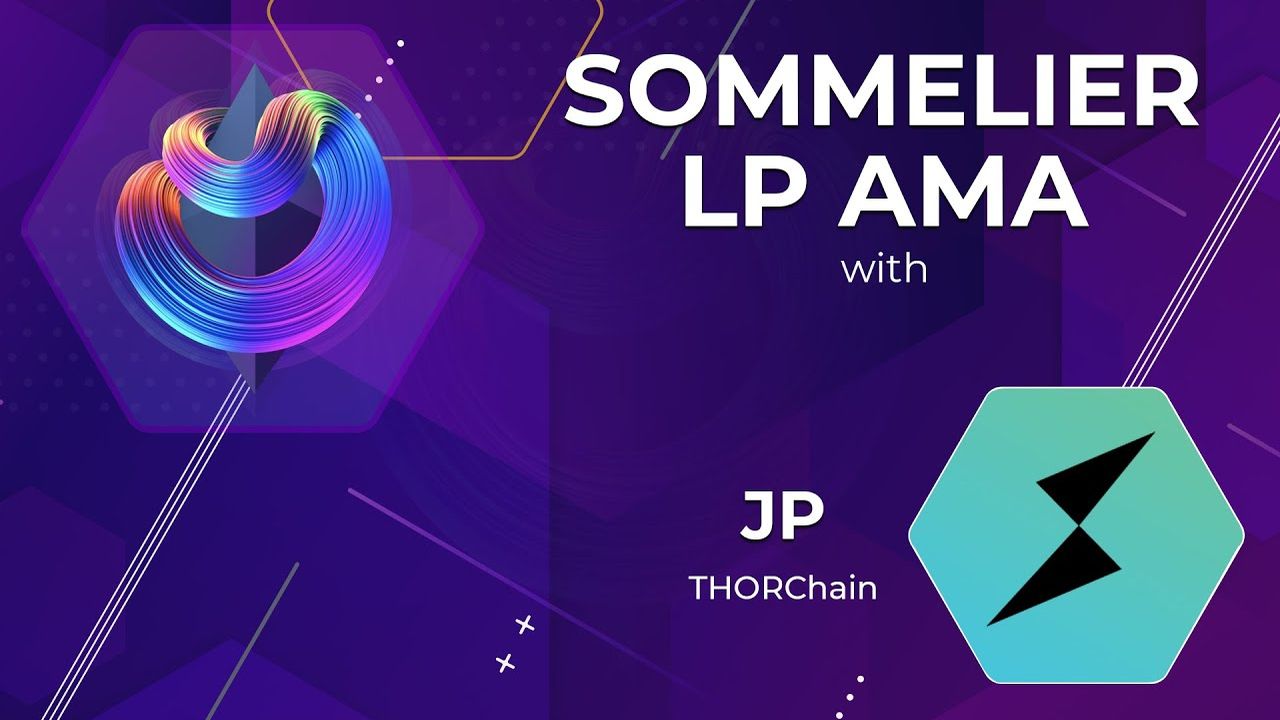
Sommelier Liquidity AMA With JP From THORChain

Sommelier Liquidity AMA With Alan Chiu From OMGX Network

Sommelier Liquidity AMA With Ari From Gelato Network
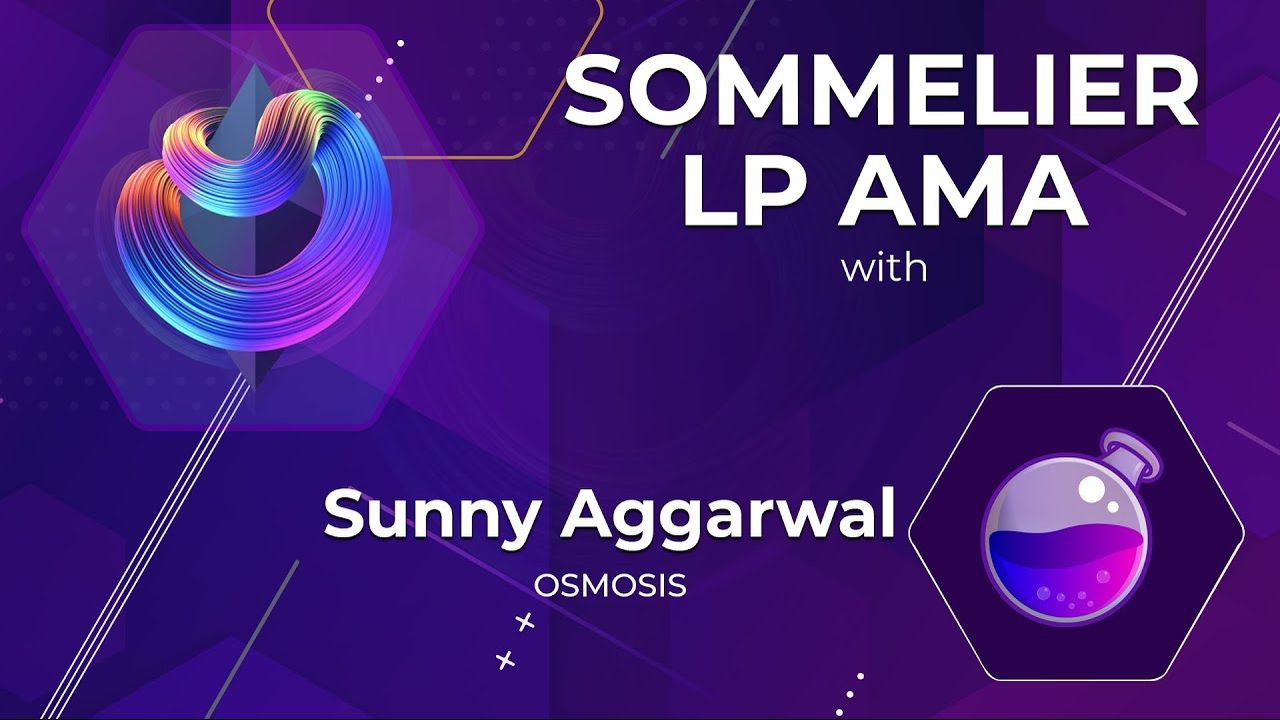
Sommelier Liquidity AMA With Sunny Aggarwal From Osmosis
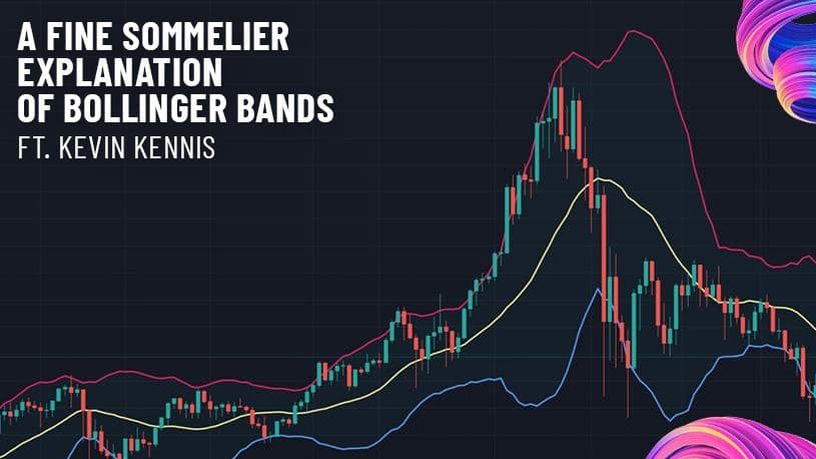
A Fine Sommelier Explanation of Bollinger Bands With Kevin Kennis
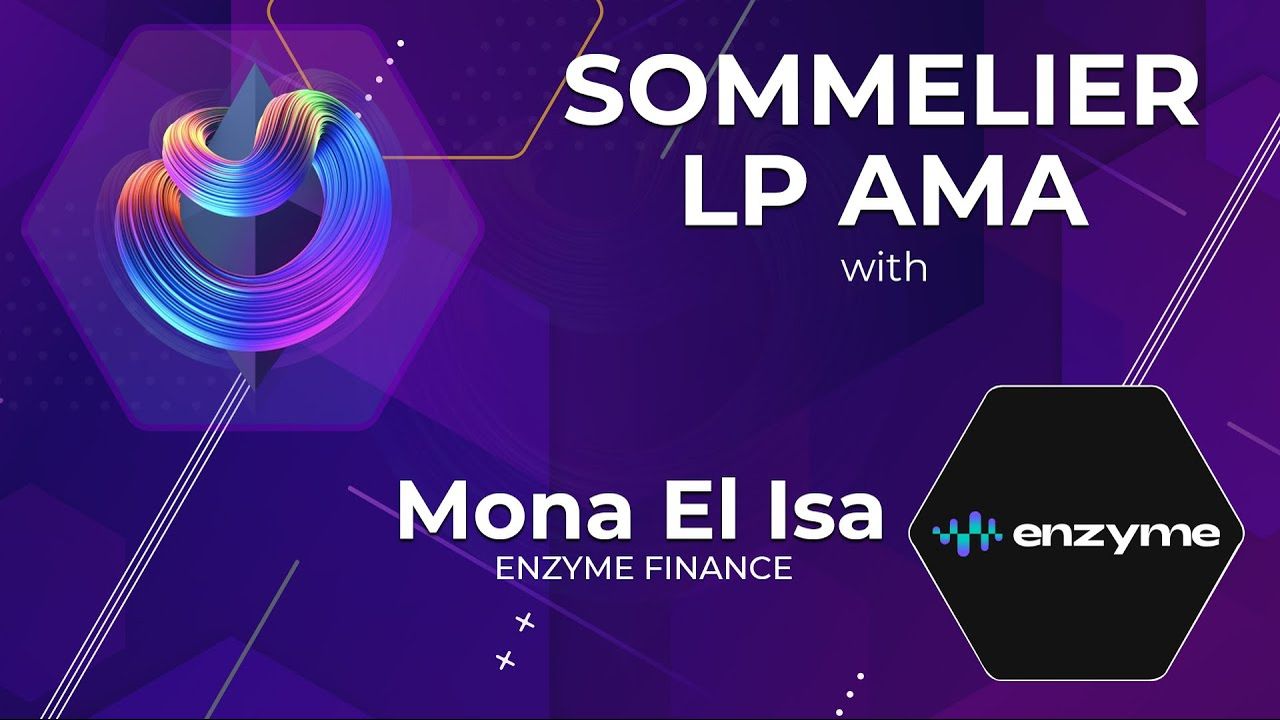
Sommelier Liquidity AMA With Mona El Isa From Enzyme
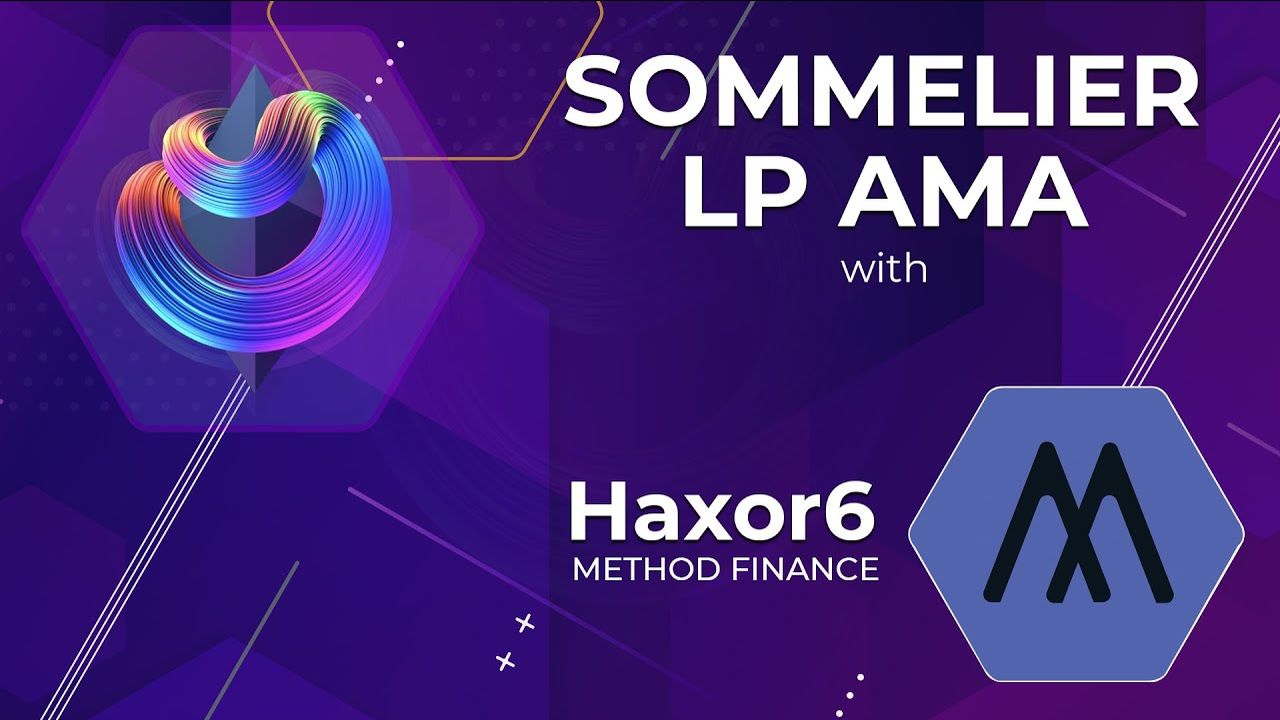
Sommelier Liquidity AMA With Haxor From Method Finance

Sommelier Liquidity AMA With Tor From Secret Network
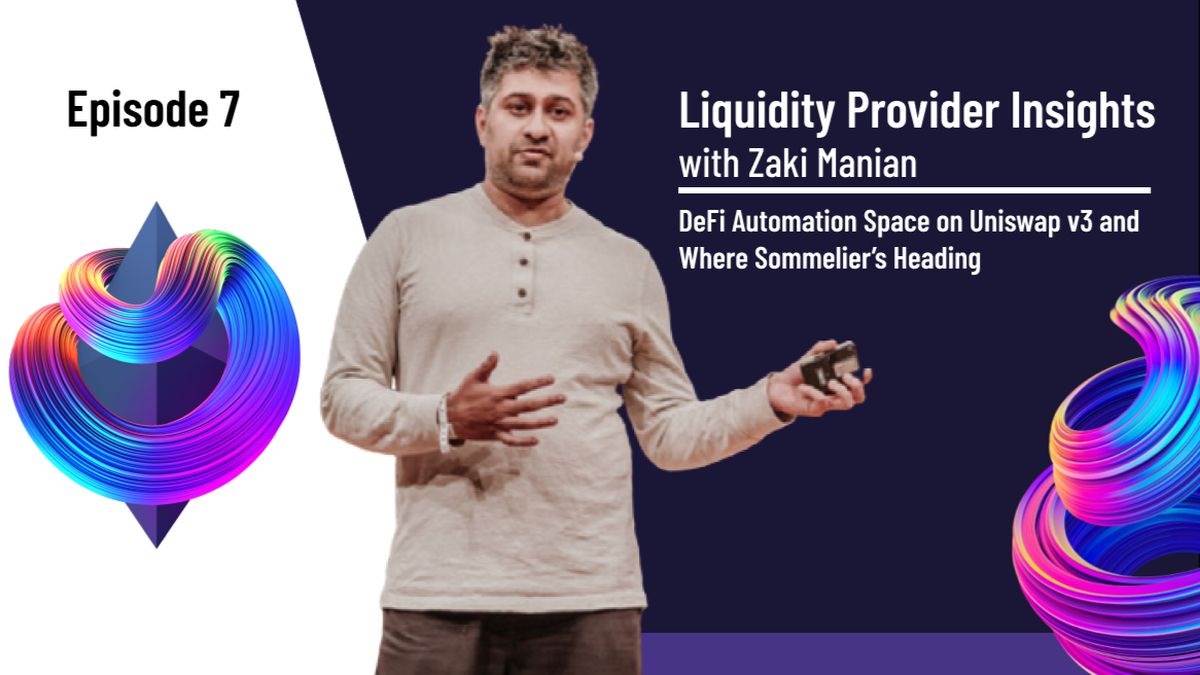
Liquidity Provider Insights With Zaki Manian - Ep. 7 - DeFi Automation Space on Uniswap v3 and Where Sommelier’s Heading
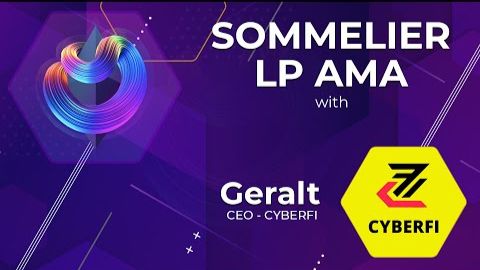
Sommelier Liquidity AMA With Geralt From CyberFi

A Pairings Tutorial of Two Sided Liquidity Addition with Sommelier
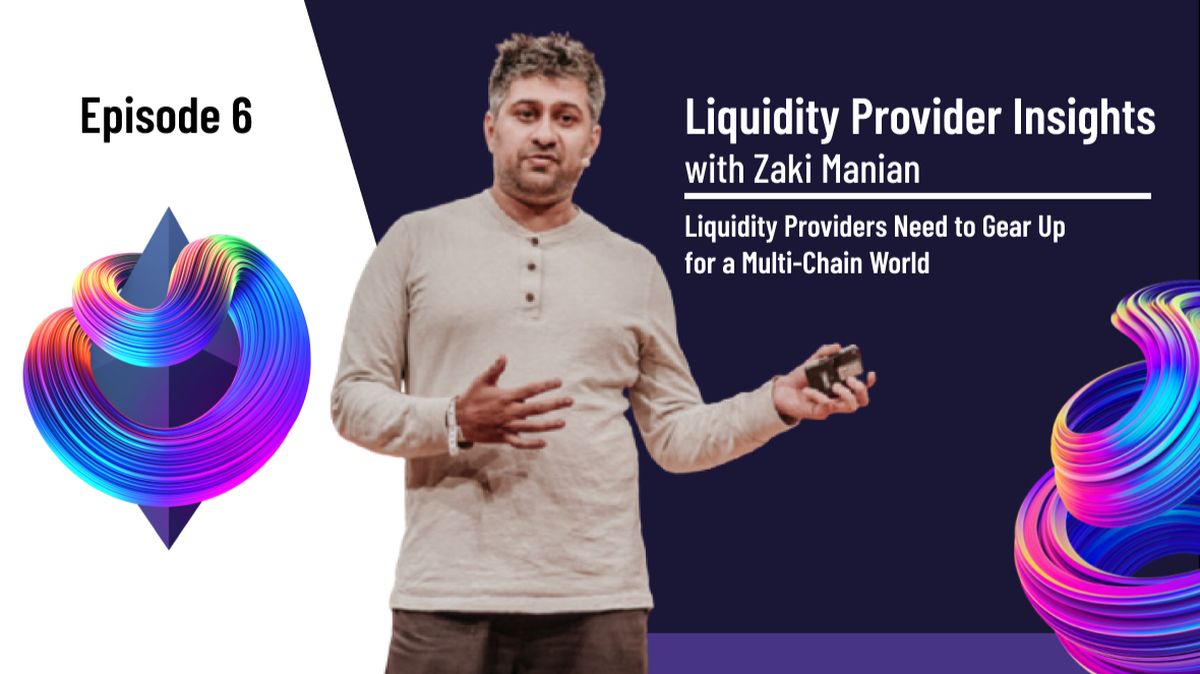
Liquidity Provider Insights with Zaki Manian - Ep. 6 - Liquidity Providers Need to Gear Up for a Multi-Chain World
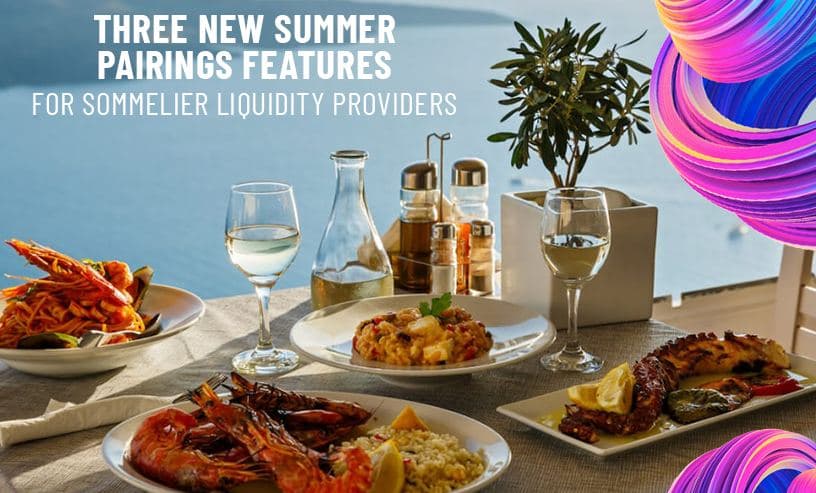
Three New Summer Features for Liquidity Providers
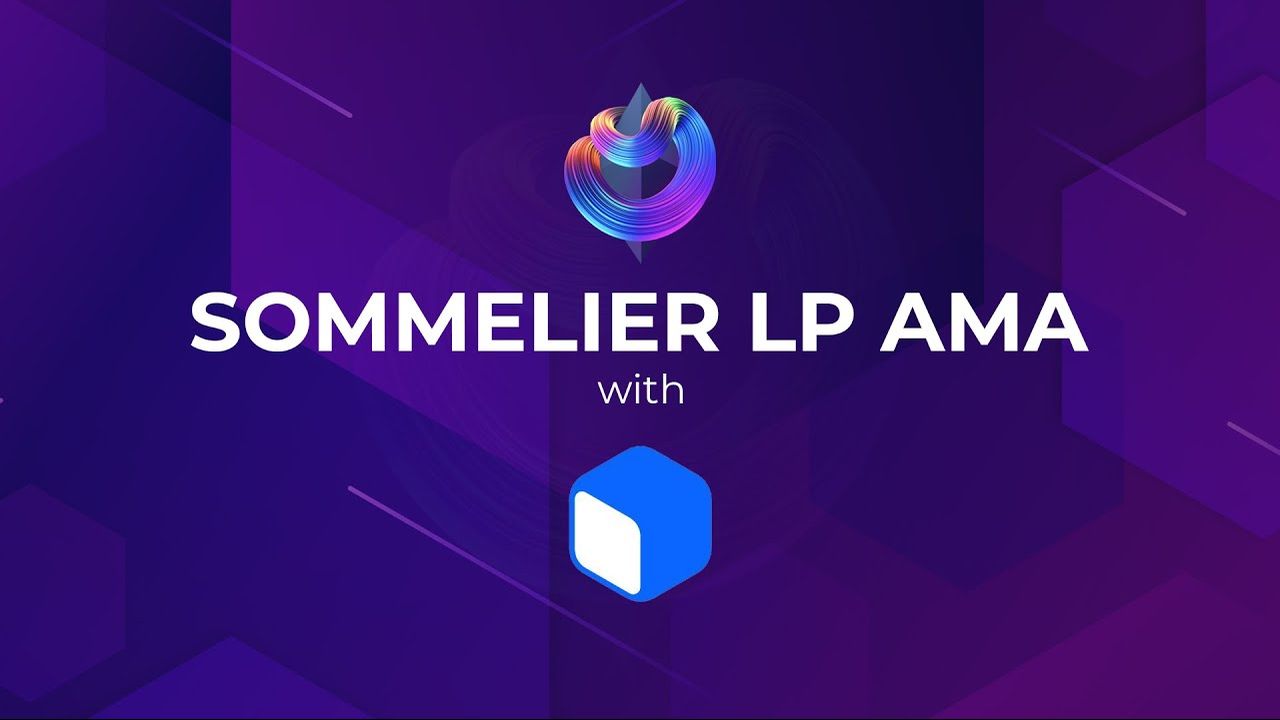
Sommelier Liquidity AMA with Tom C and Max W from Charm

Sommelier Liquidity AMA with Dereek69 & Shalaquiana from BIOPset

Sommelier This Week - June 3rd 2021: The Road to Mainnet
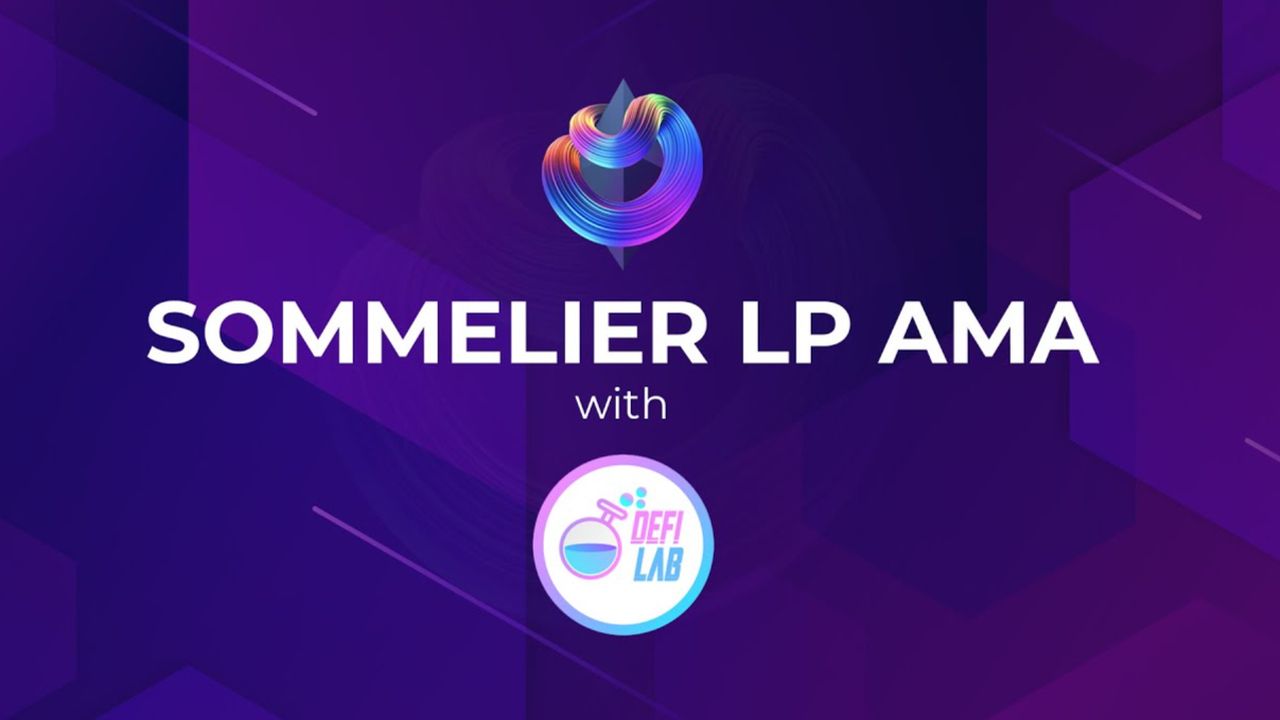
Sommelier Liquidity AMA with Federico Landini from DefiLab
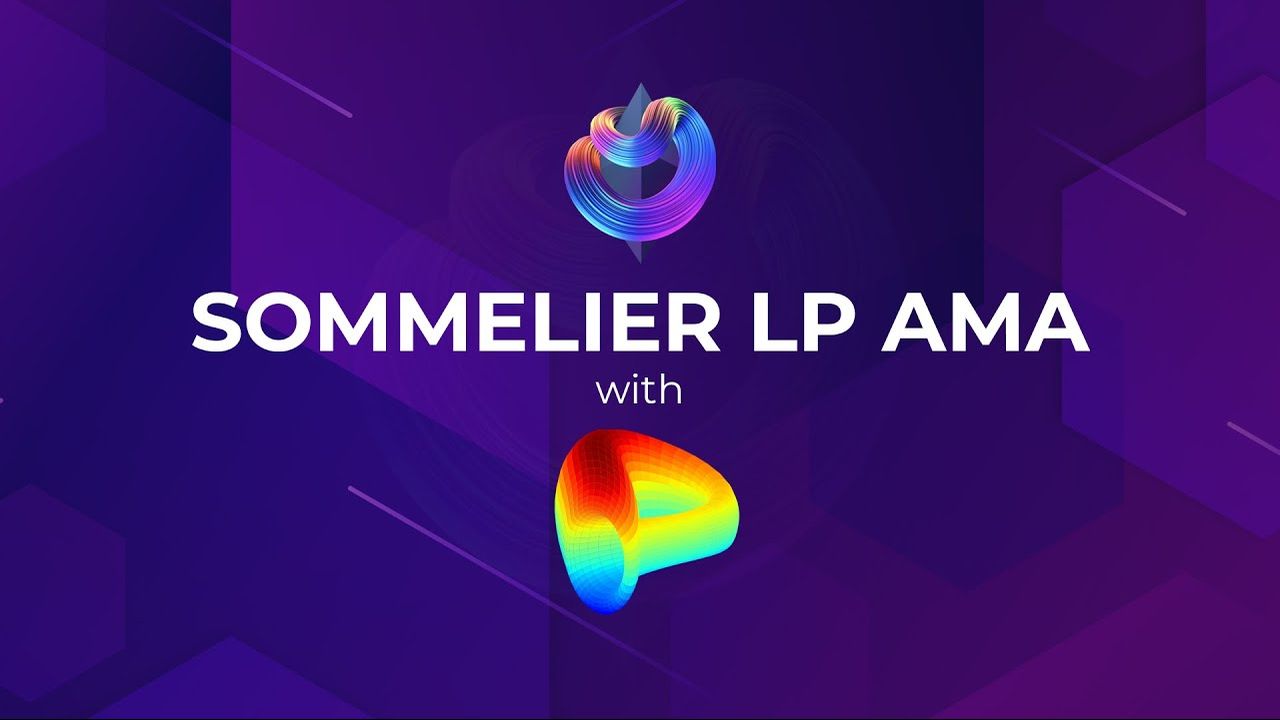
Sommelier Liquidity AMA with Michael Egorov from Curve
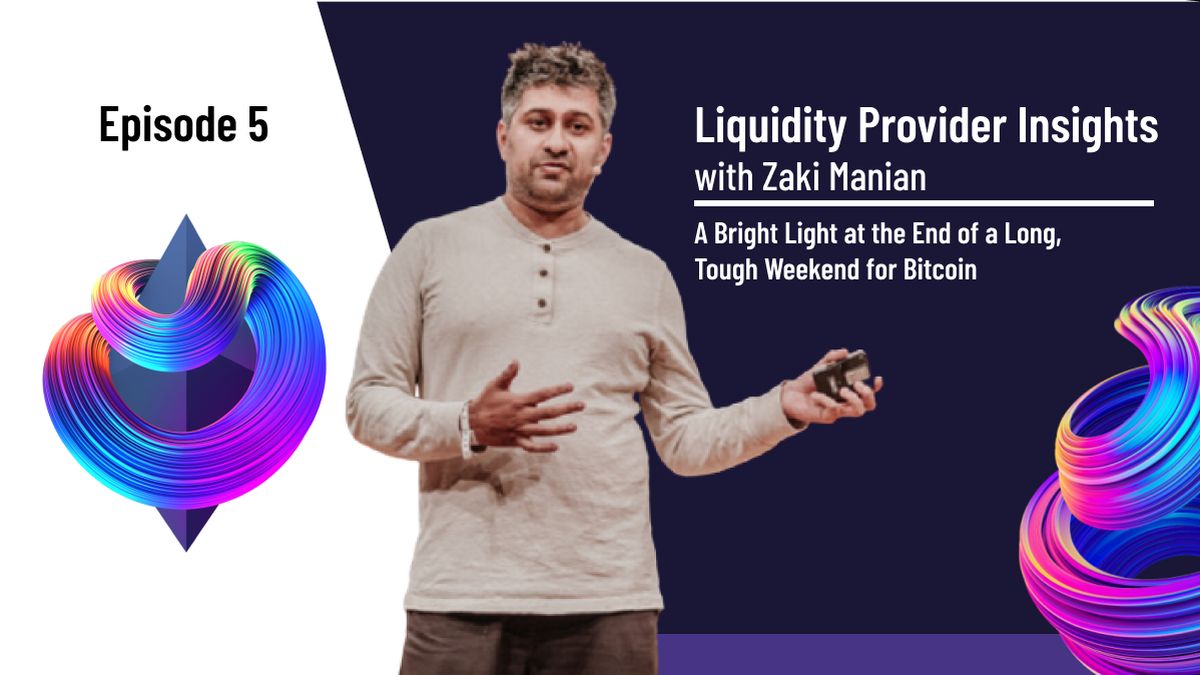
Liquidity Provider Insights with Zaki Manian - Ep. 5 - A Bright Light at the End of a Long, Tough Weekend for Bitcoin

Sommelier This Week - May 27th 2021: What Aspiring Sommelier Validators Need to Know on Last Week’s Protocol and App Progress
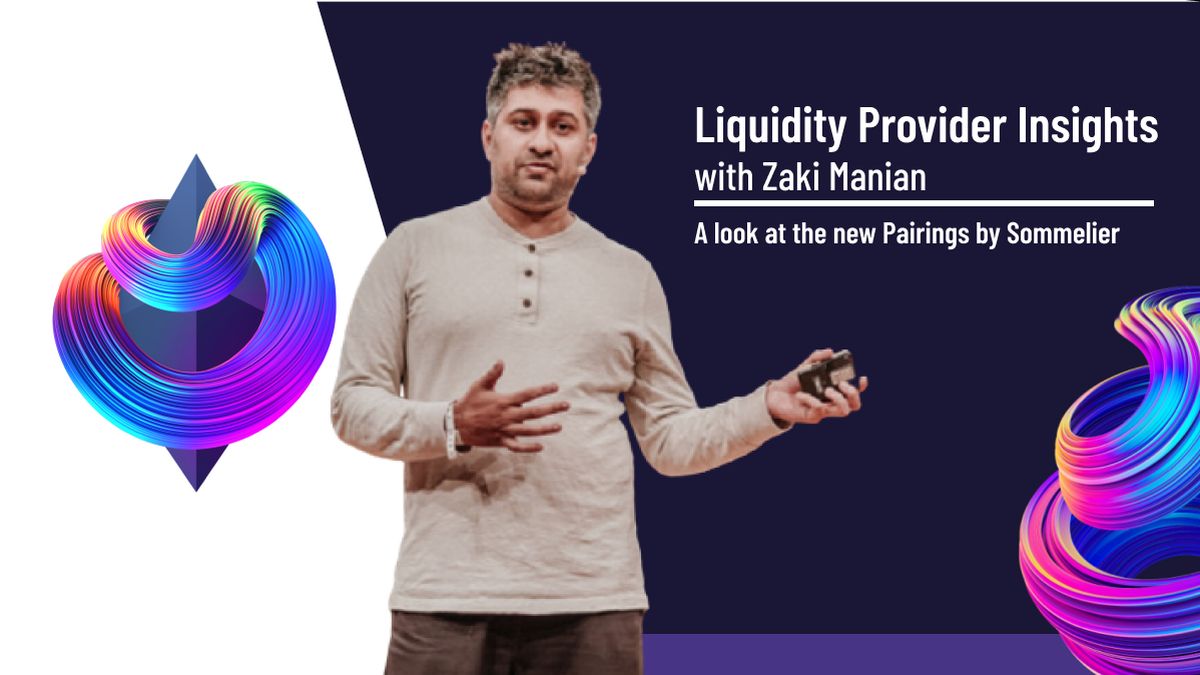
Liquidity Provider Insights with Zaki Manian (Special Edition) - Ep. 4 - New Pairings Release
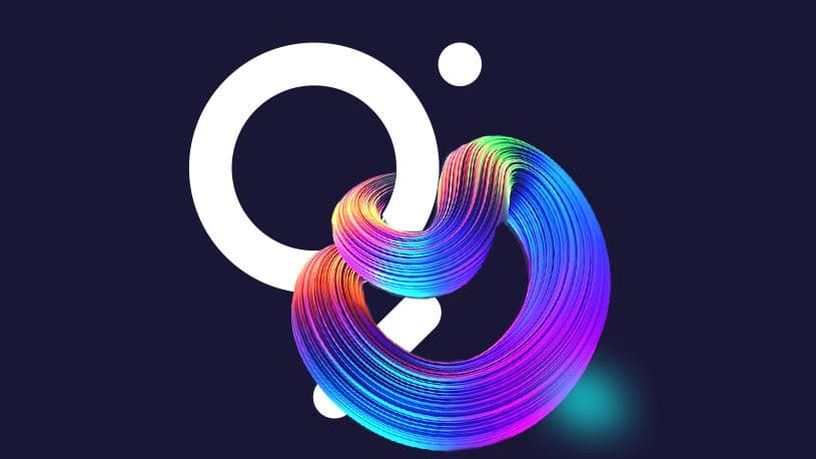
Sommelier R&D AMA With Yaniv Tal From the Graph
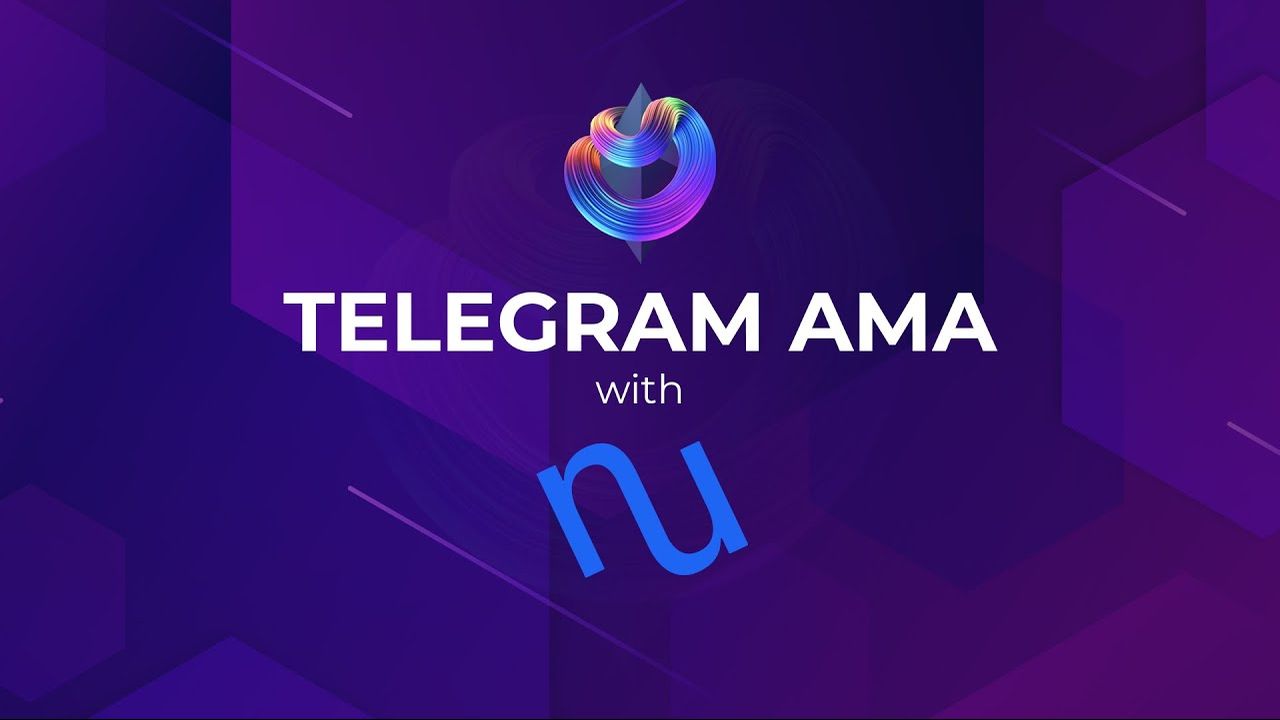
Sommelier Liquidity AMA with MacLane Wilkison from NuCypher

The Eight Steps to Become a Liquidity Provider with Pairings
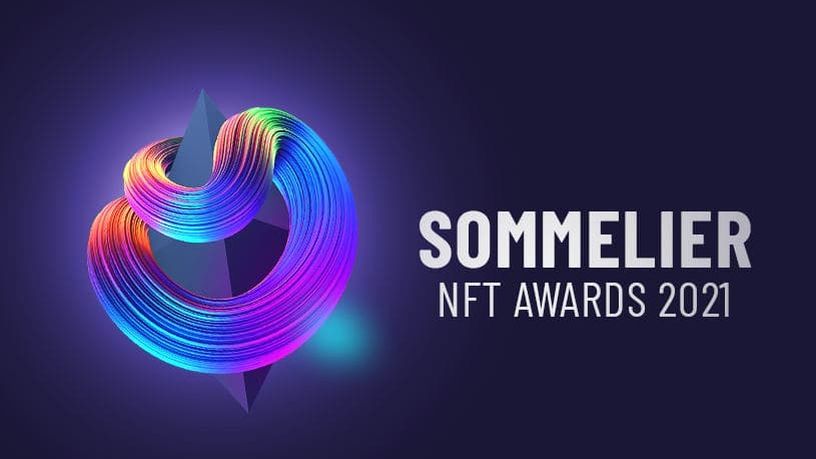
Sommelier NFT Awards - May 18th, 2021
Pairings By Sommelier: The FAQ
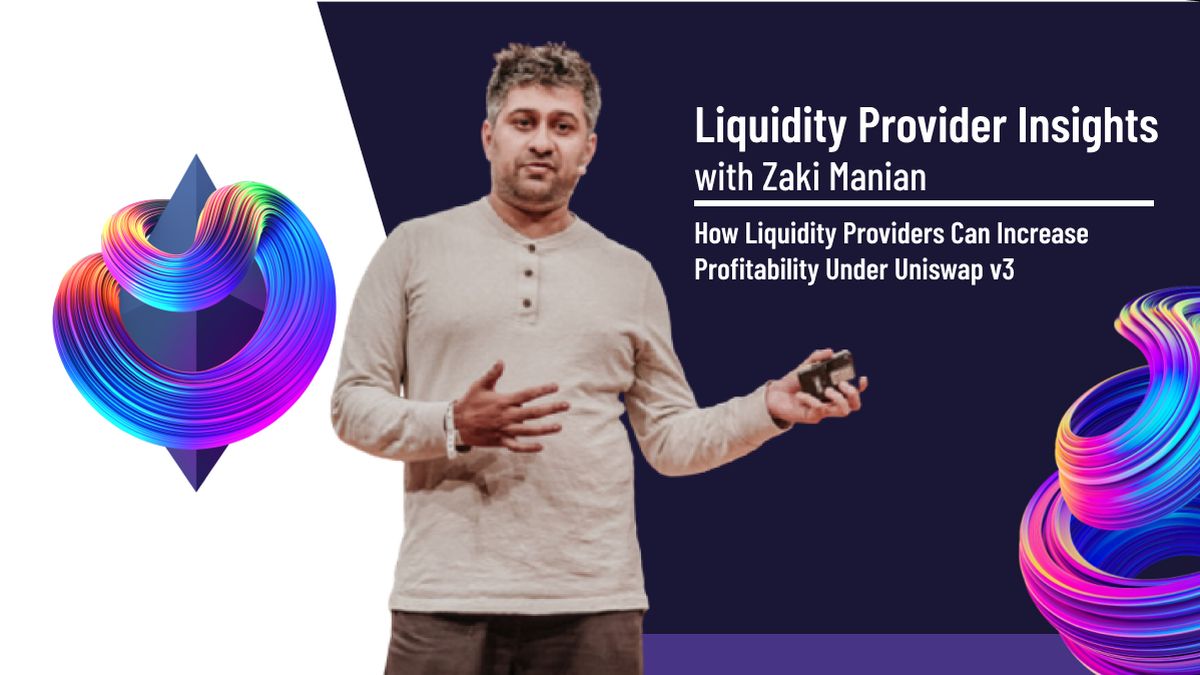
Zaki Manian Breaks Down What Liquidity Providers Need to Know Under Uniswap v3

Sommelier This Week - May 6th 2021: How This Week’s Protocol and App Progress Weaves Together to Make a Product
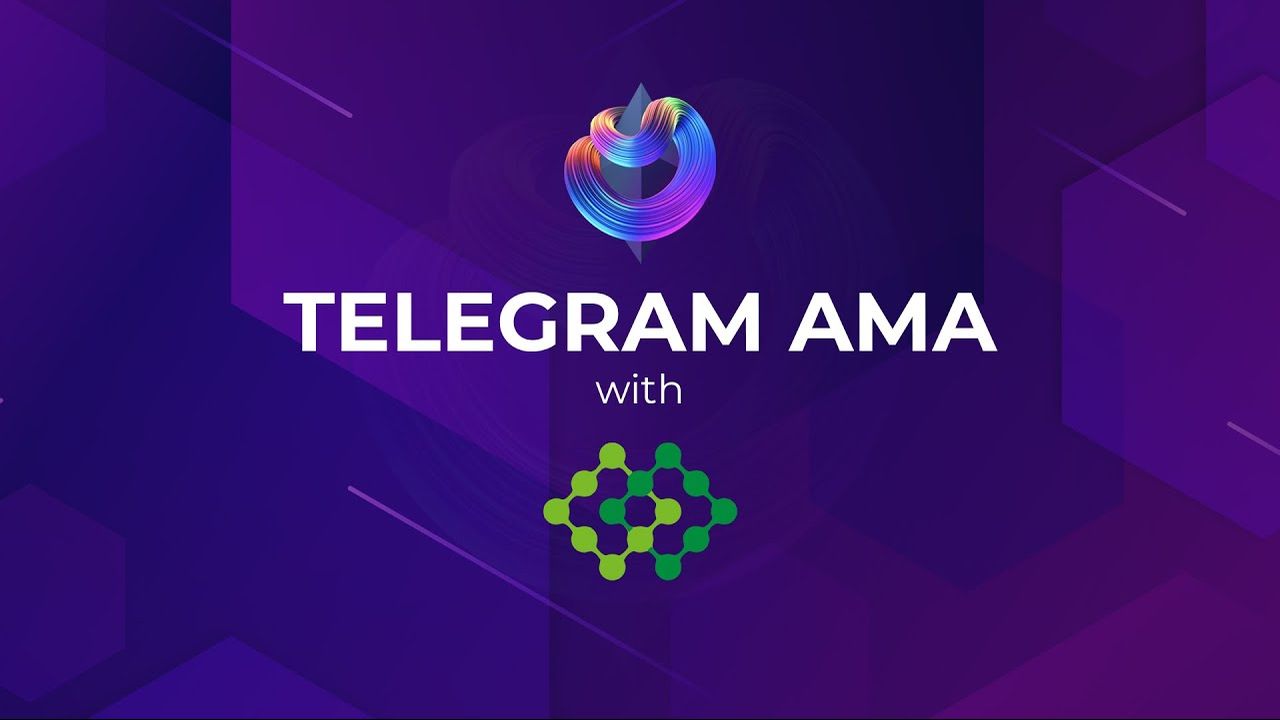
Sommelier Liquidity AMA with Dan Thomson from InsurAce

Sommelier This Week - April 29th 2021: Weeks Away From a Taste of the Sommelier App Experience and How the Dev Team Stays on Track
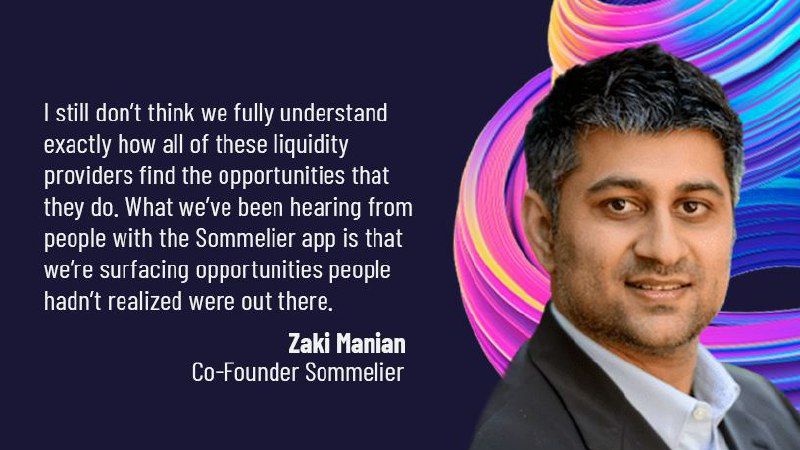
Zaki Manian Breaks Down a Phase Change Liquidity Providers Need to Know About Automated Market Makers
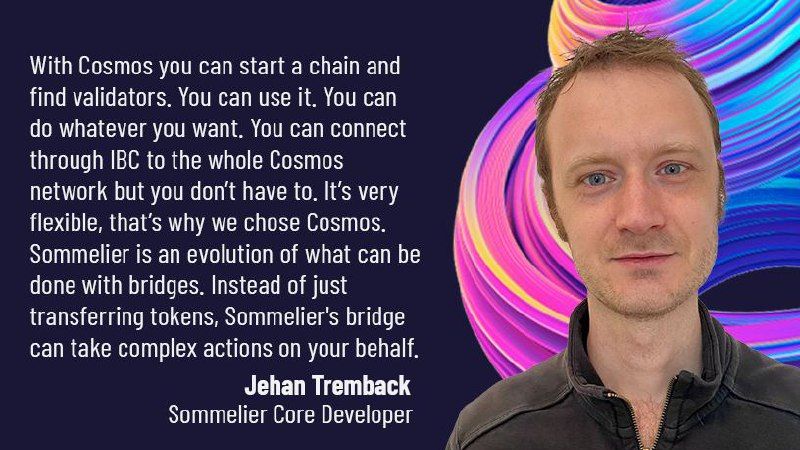
Introducing Jehan Tremback: Sommelier Core Developer and Althea Co-Founder that pushes the Limits of the Blockchain Bridge with Gravity

Sommelier This Week - April 22nd 2021: An Inside Look at Progress on Coordinating Sommelier Components That Contribute to the Chain

Sommelier This Week - April 15th 2021: Providing a Best-in-Class Experience for Uniswap Liquidity Providers

Sommelier Announces $1M R&D Grant from The Graph Foundation

Introducing LP Rewards: This Week With Cellframe
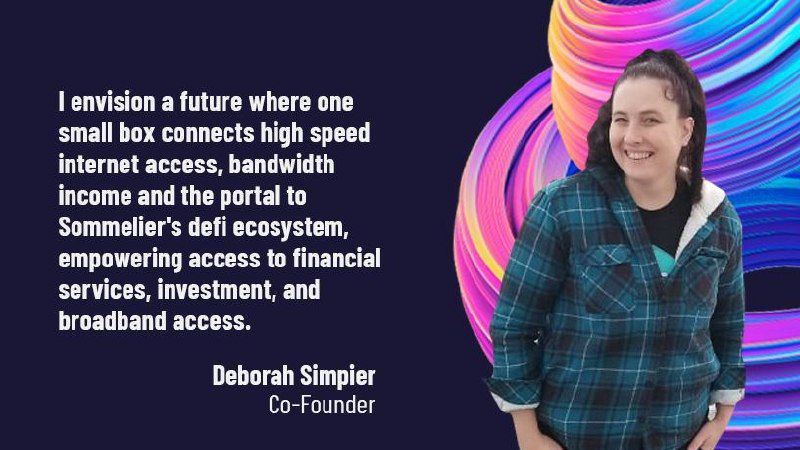
Introducing Deborah Simpier: Althea CEO and Sommelier Co-Founder Who Brought the Gravity Bridge to Life in The Cosmos

Sommelier This Week - April 8th 2021: What Uniswap v3 Means For Sommelier Architecture and Validators
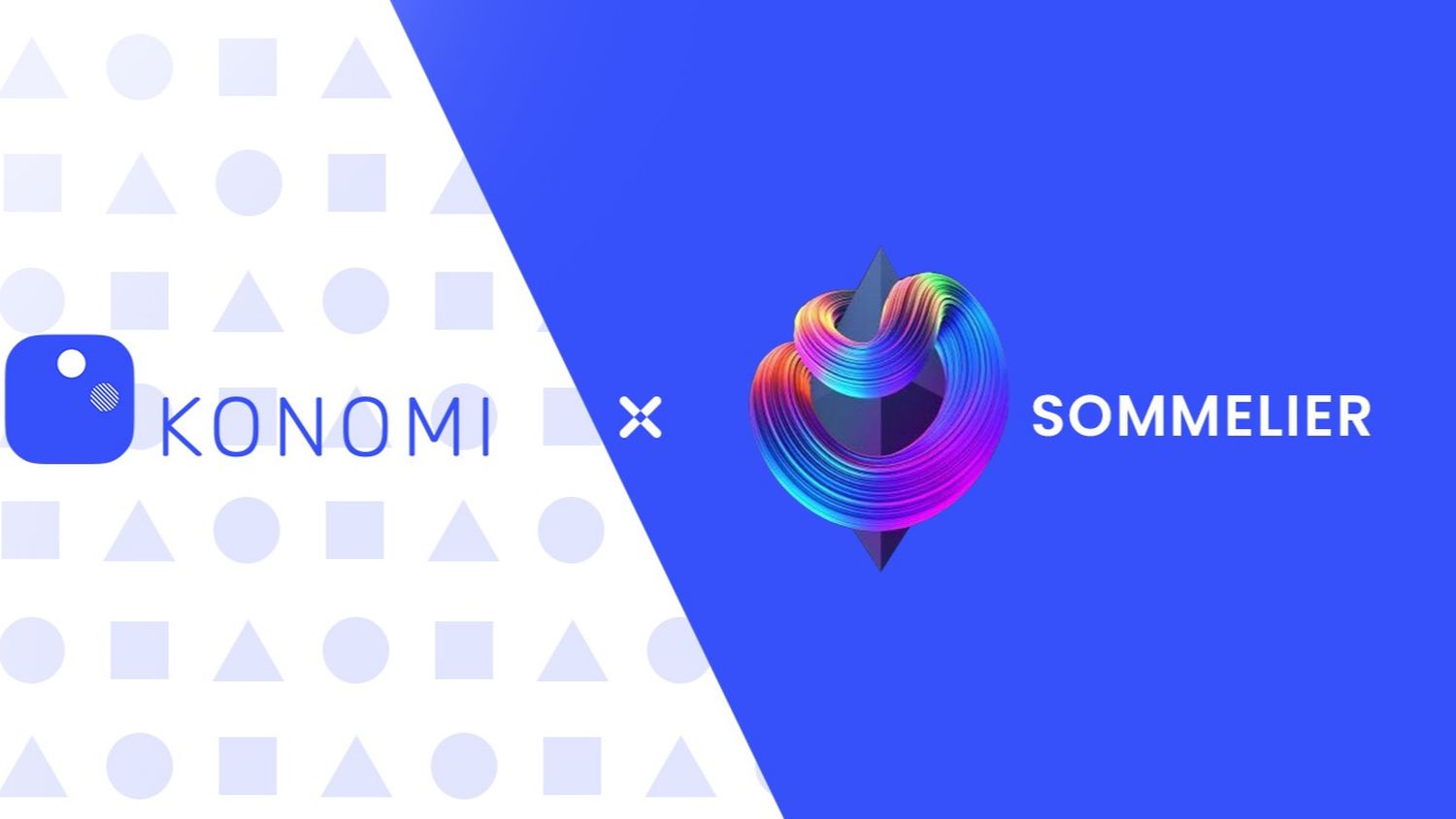
Introducing Sommelier LP Rewards Program

Sommelier This Week - April 1st 2021: Gravity Bridge and Private Testnets
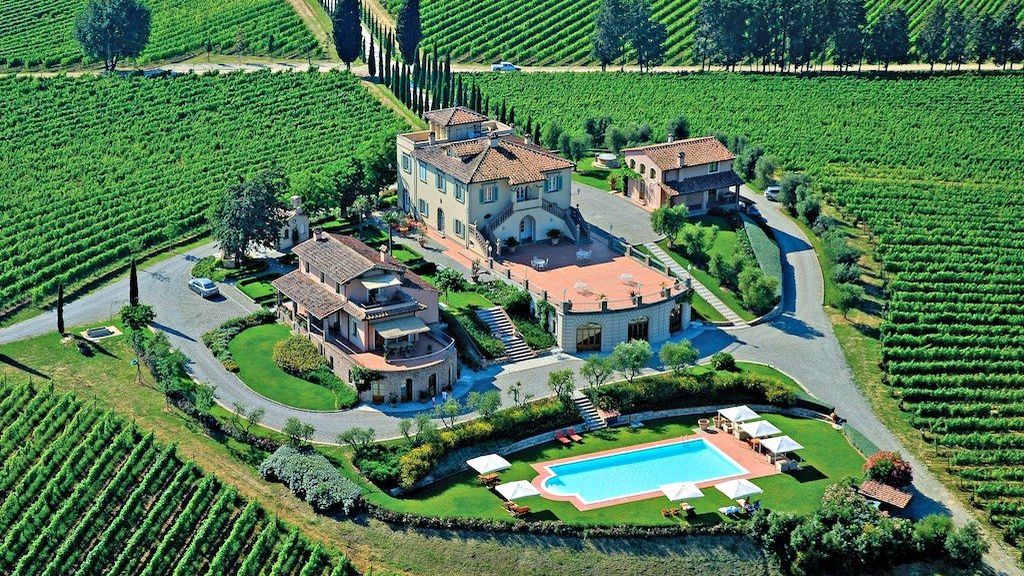
Blockchain startup decides to acquire a California winery and host NFT wine parties
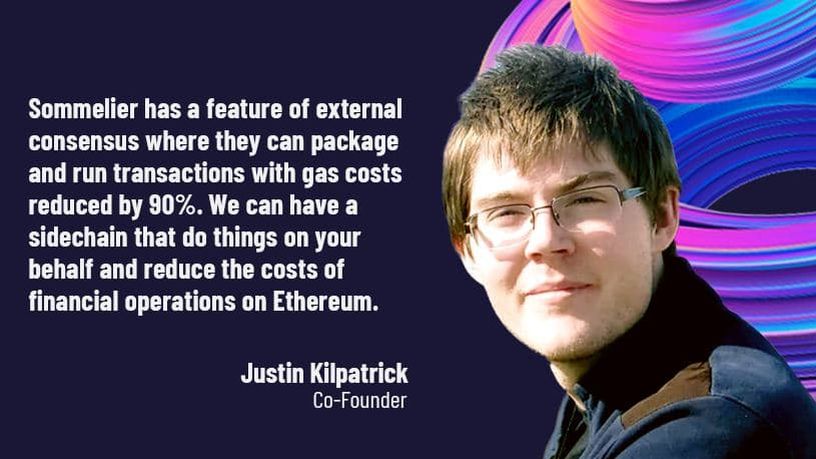
Introducing Justin Kilpatrick: The Blockchain Bridge Wizard Who Maintains Gravity
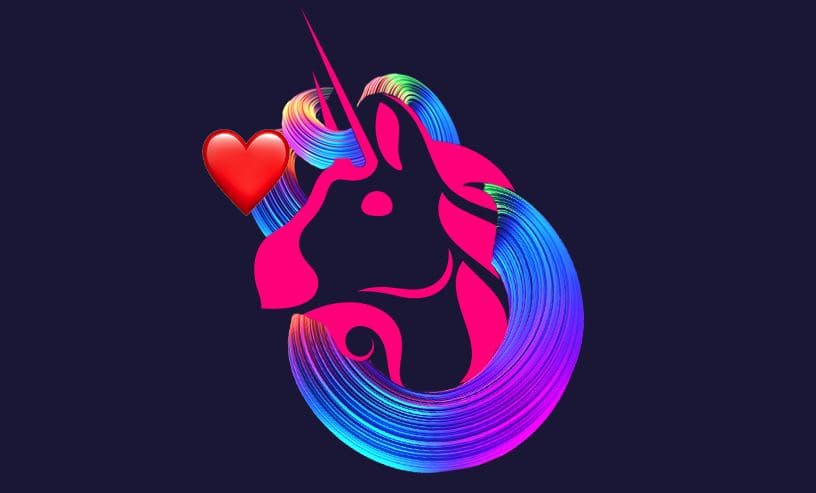
Five Ways UniswapV3 changes the world for Liquidity Providers on the AMM
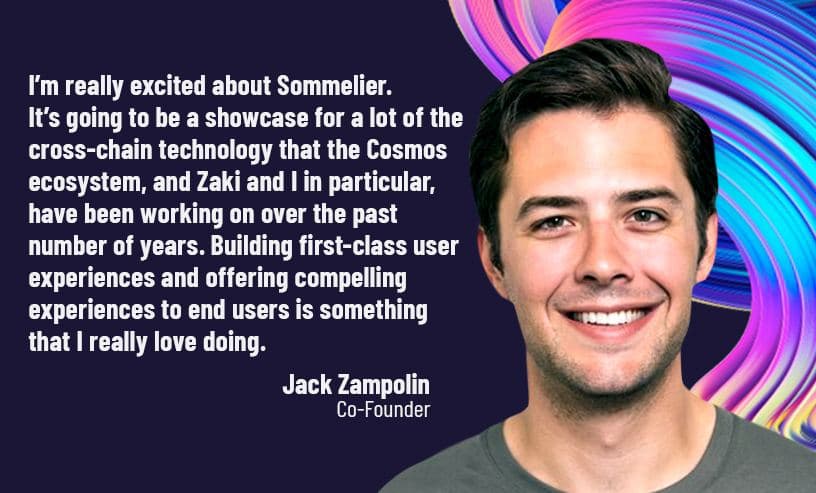
Introducing Jack Zampolin: On Becoming A Sommelier in The Cosmos
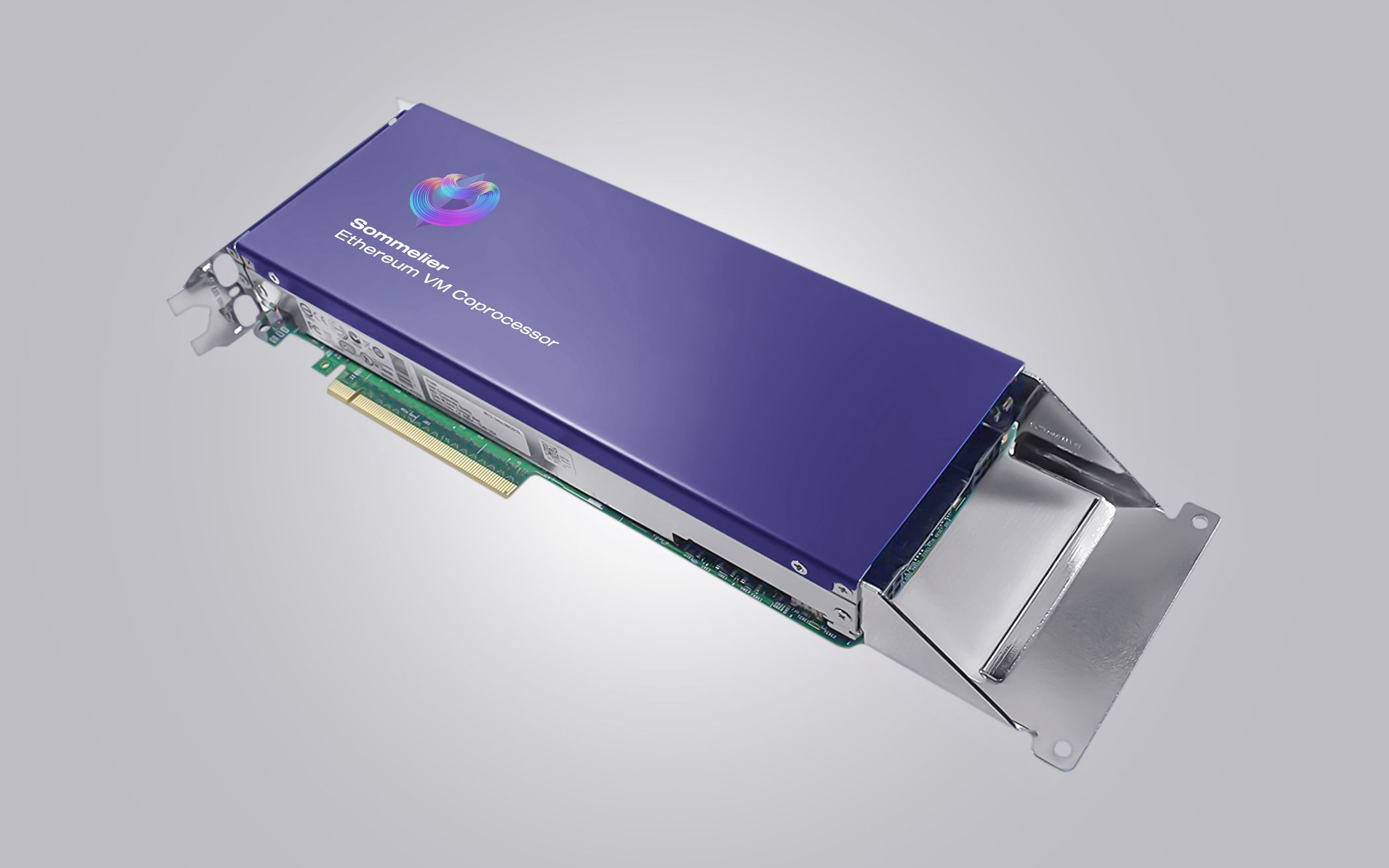
Sommelier: Welcome To The New CoProcessor For Ethereum
© 2025 Somm by Bajanss OÜ –Maakri 36-50, Tallinn, Estonia 10145